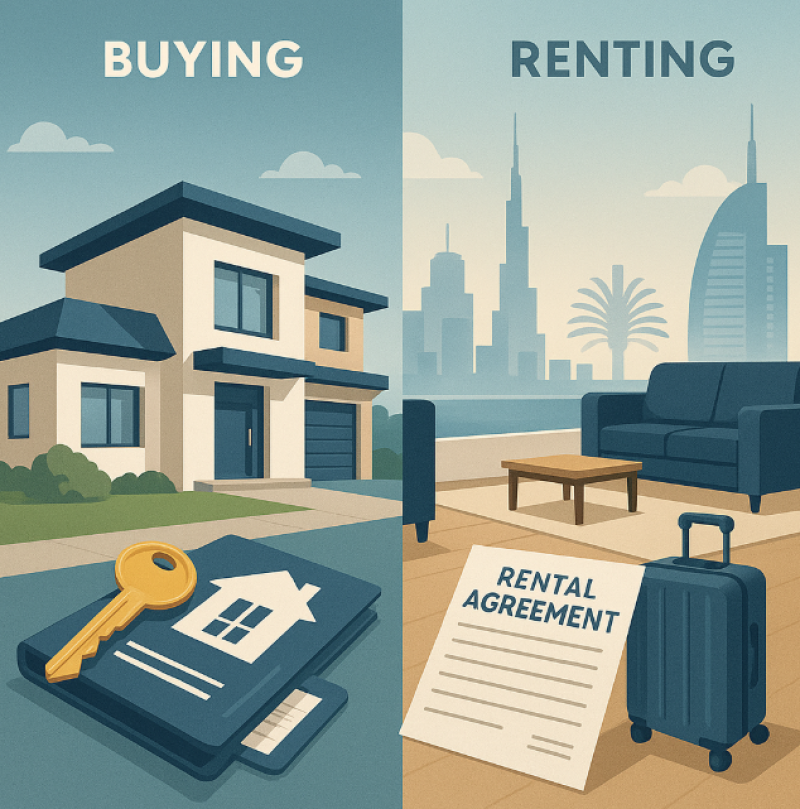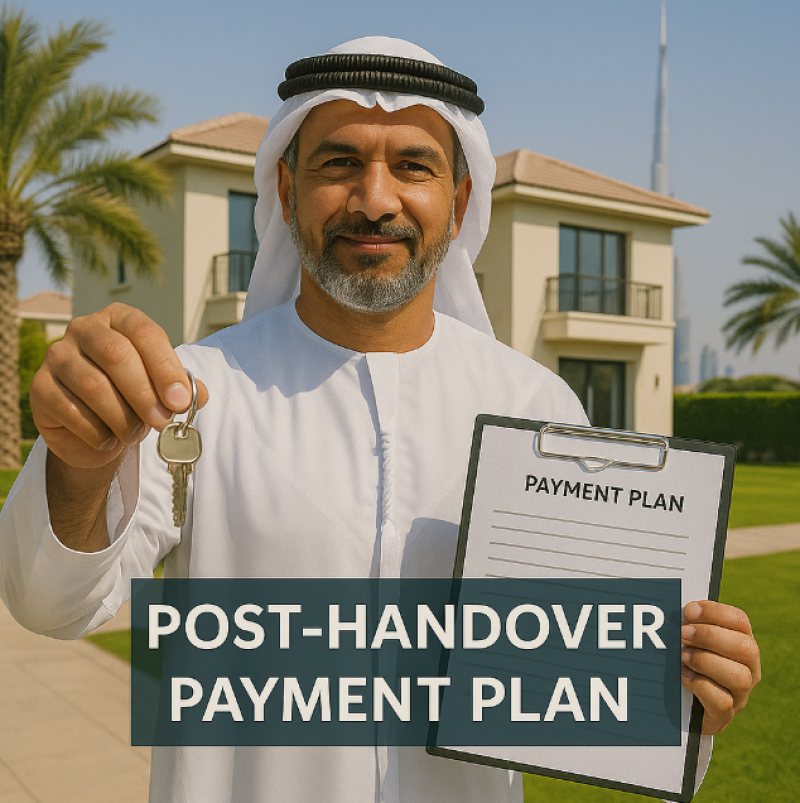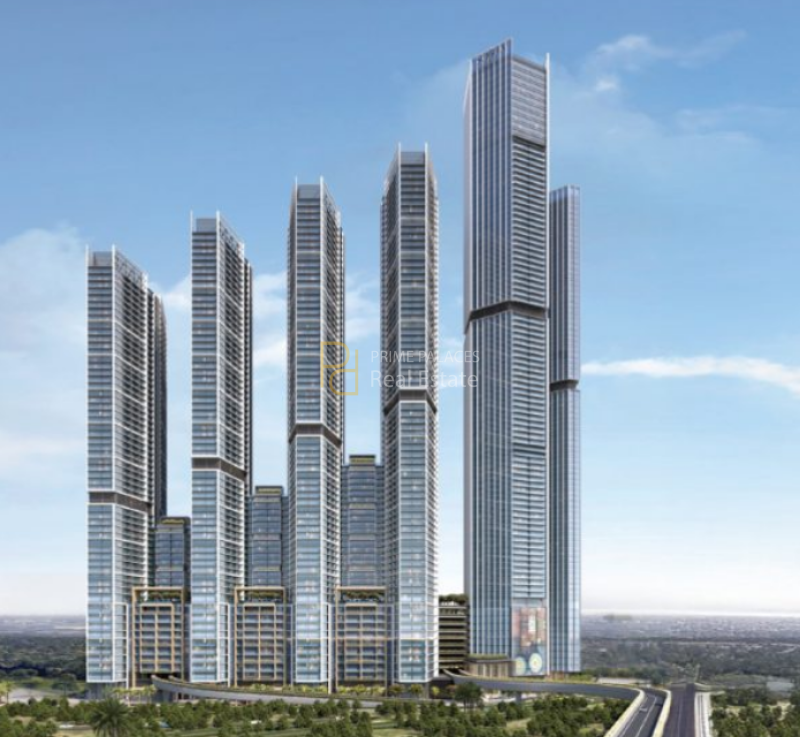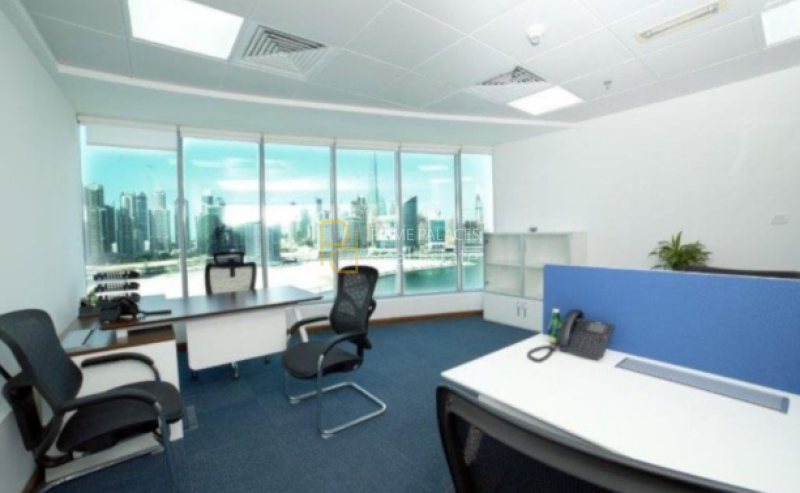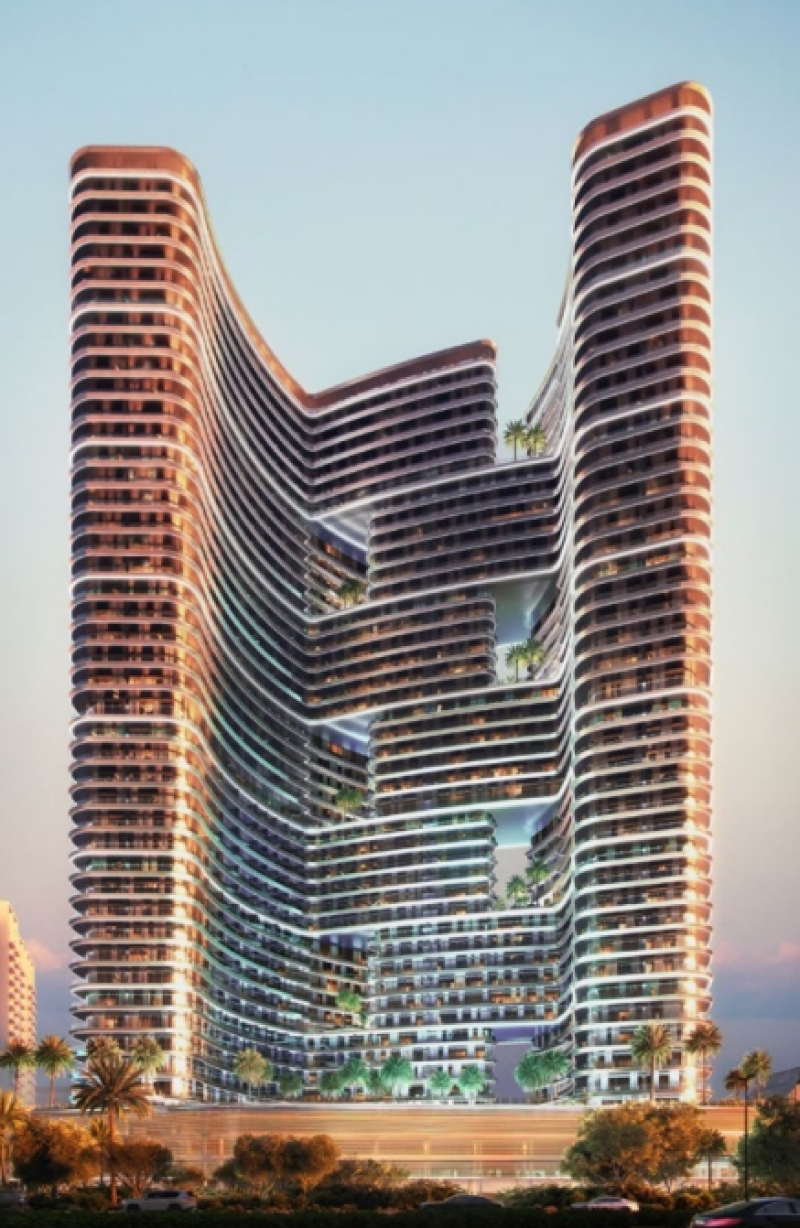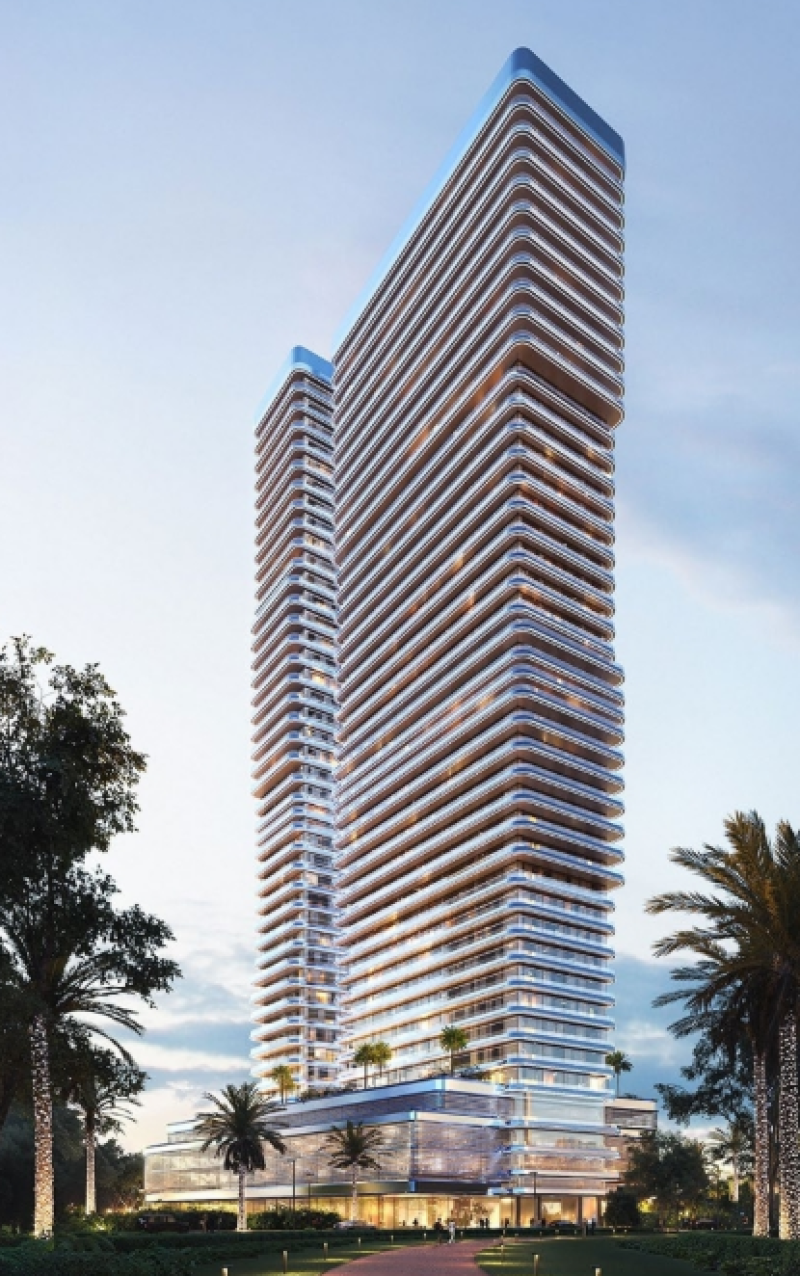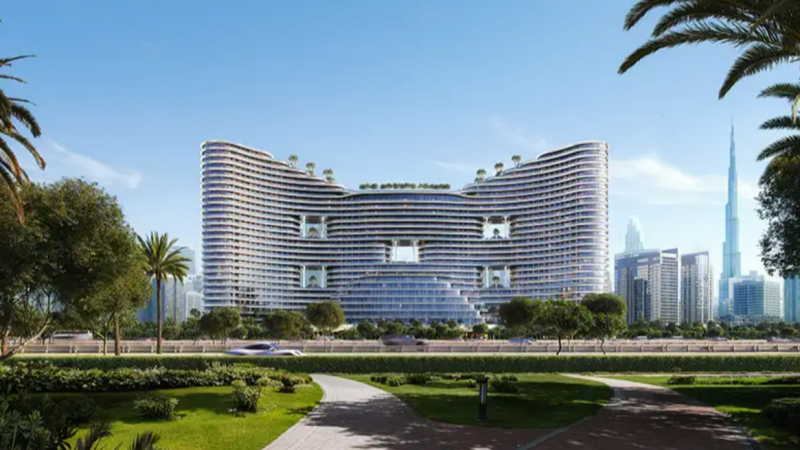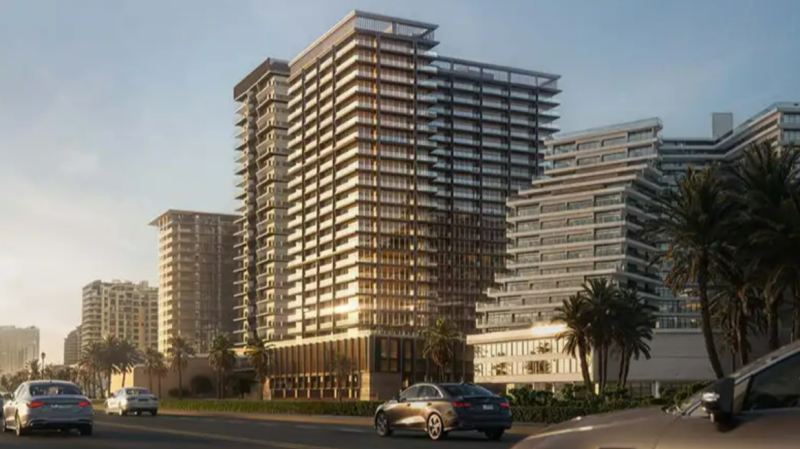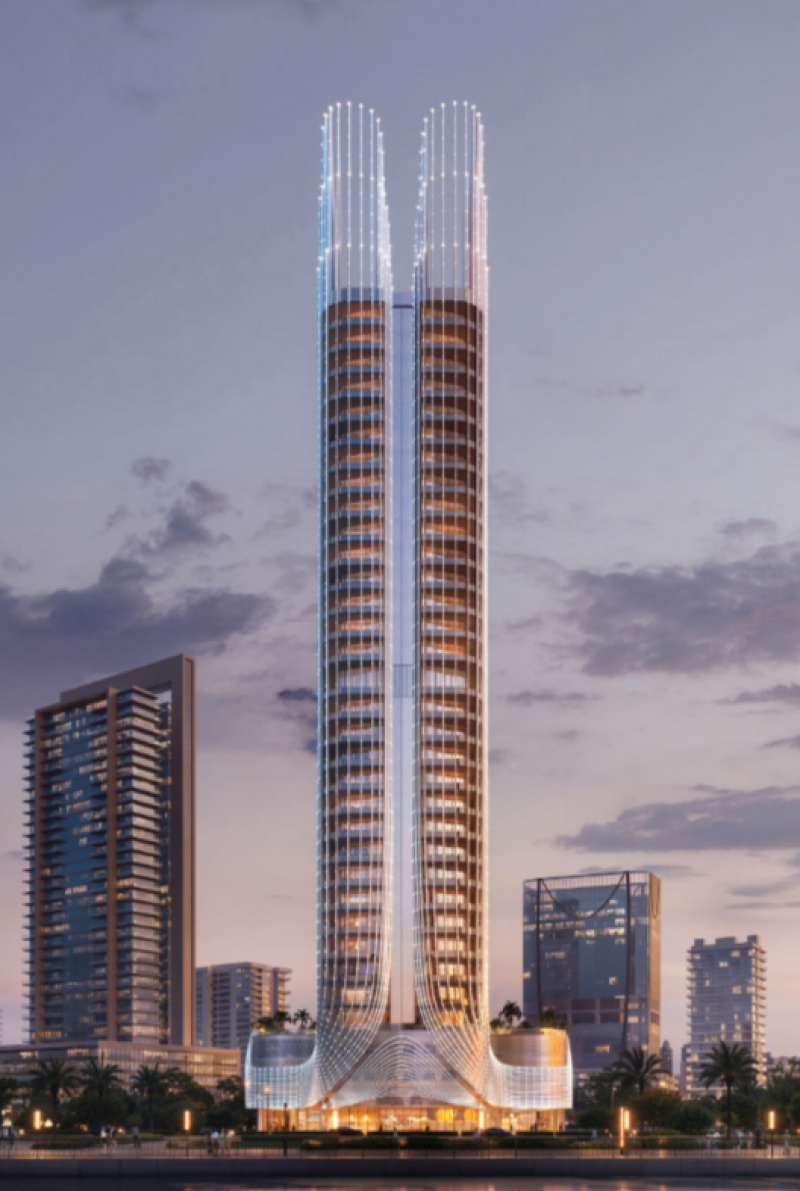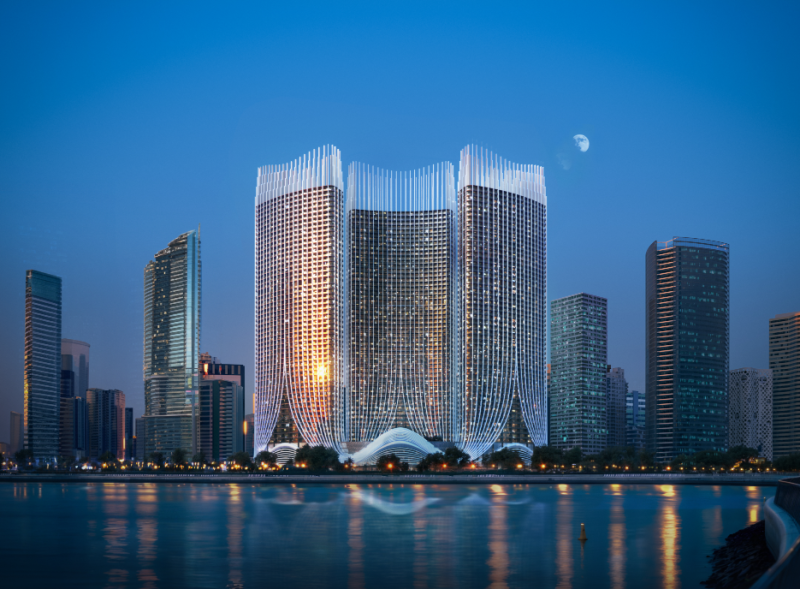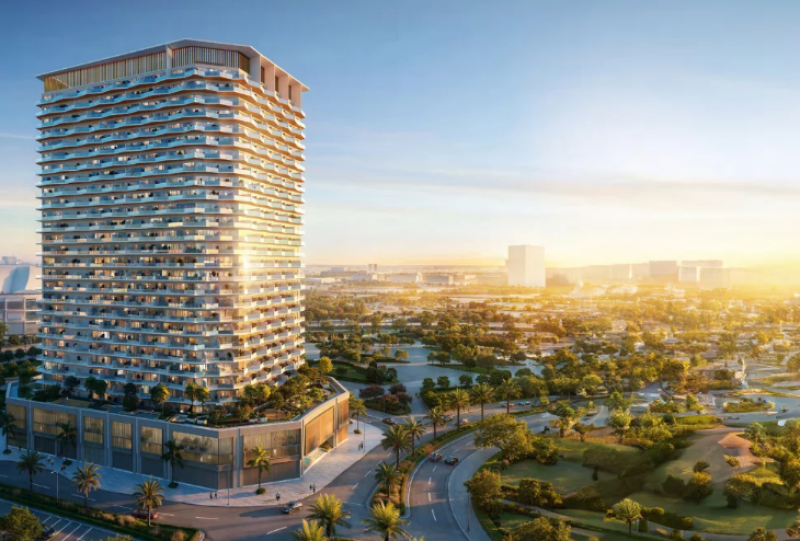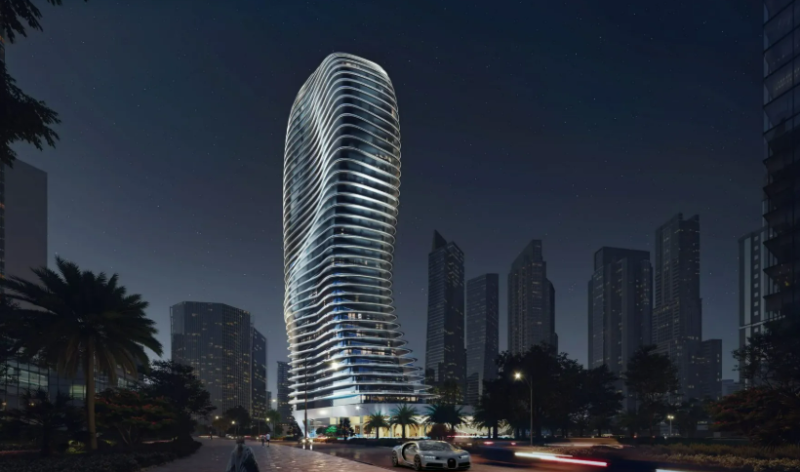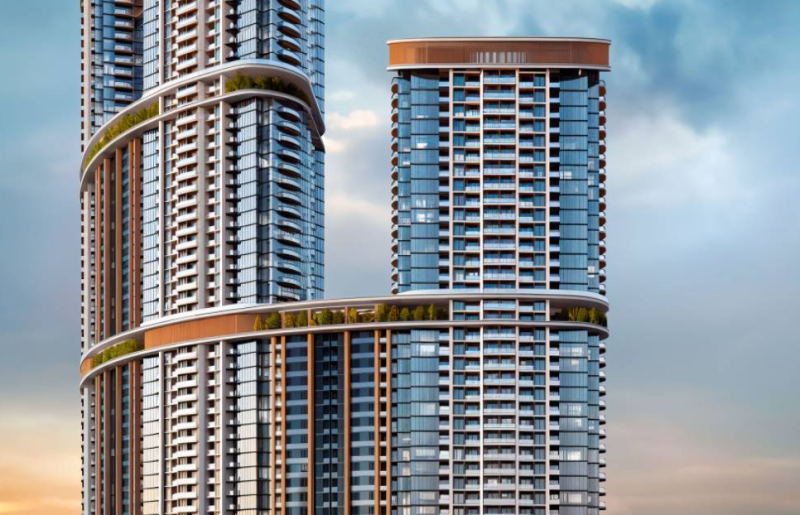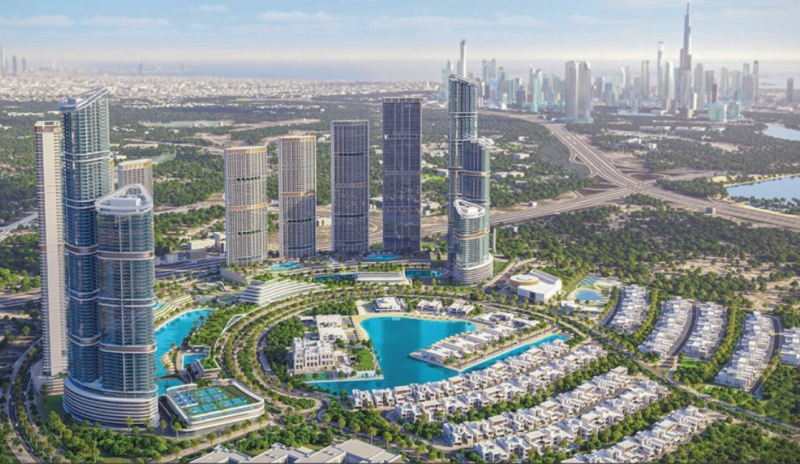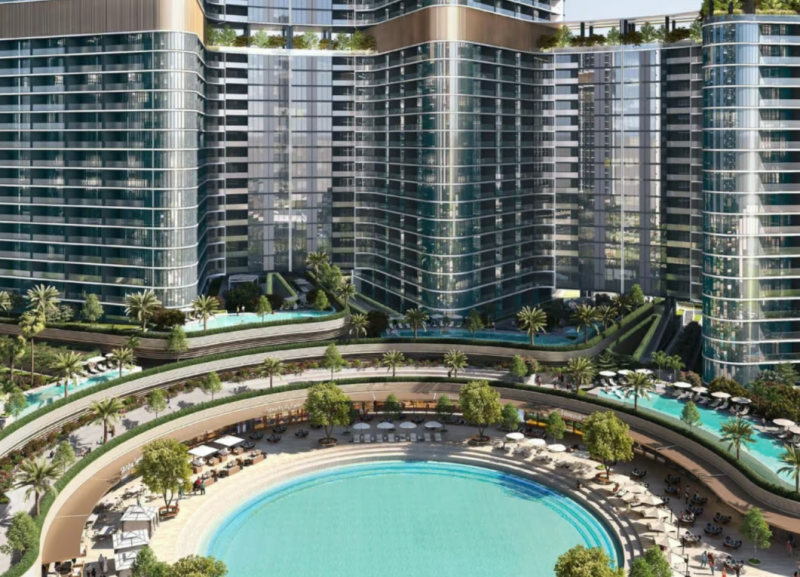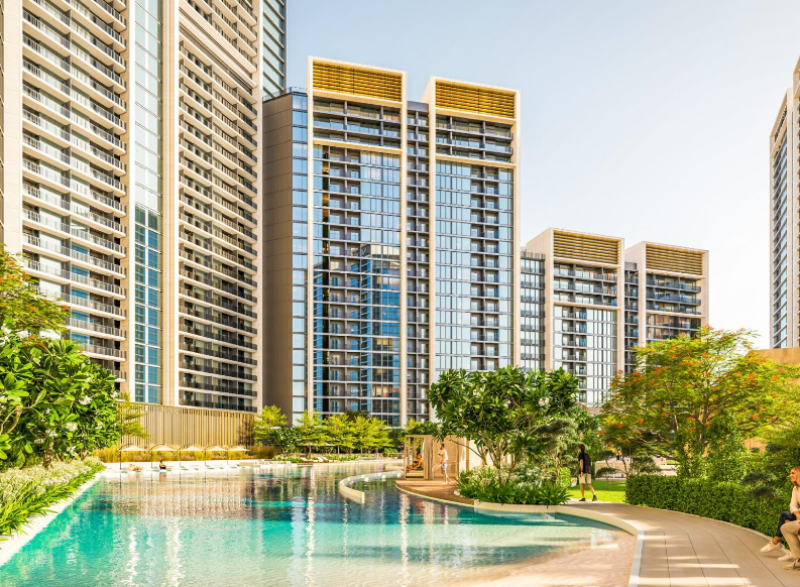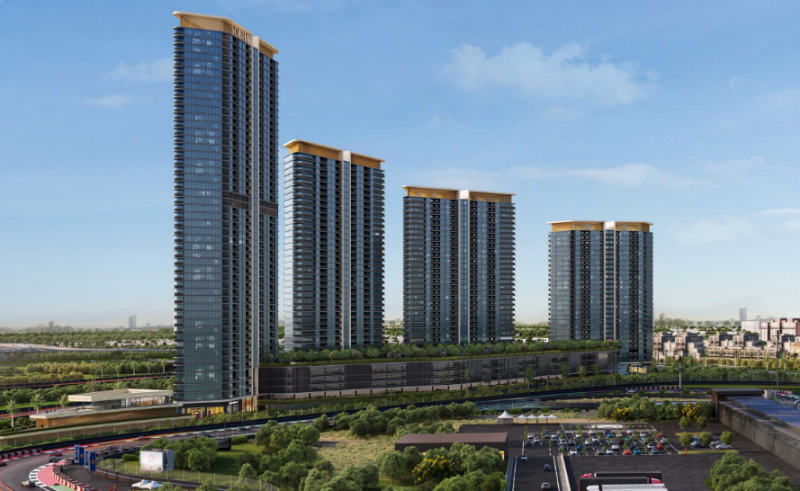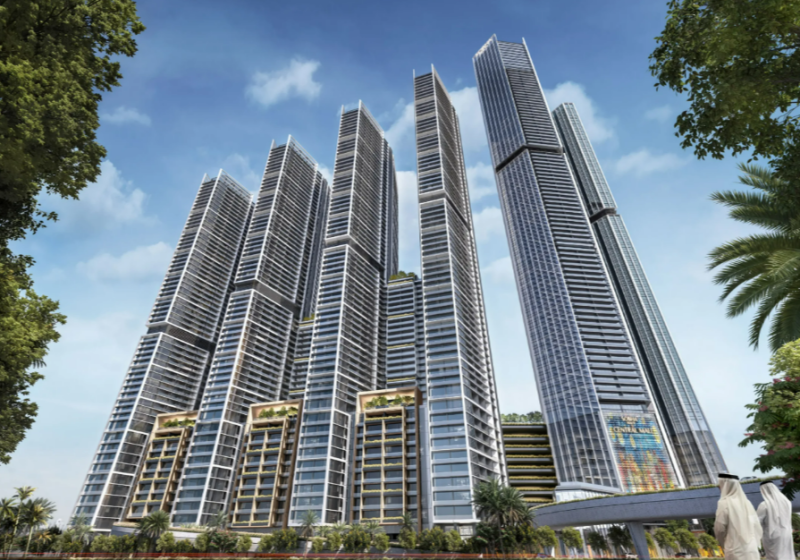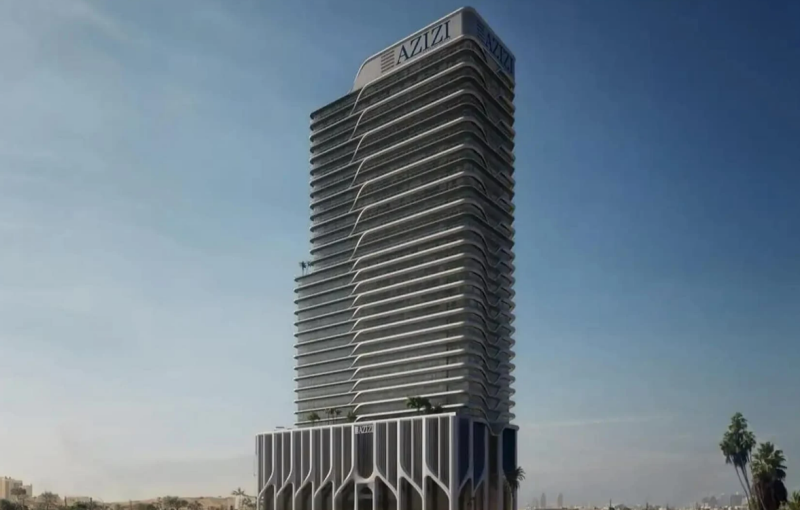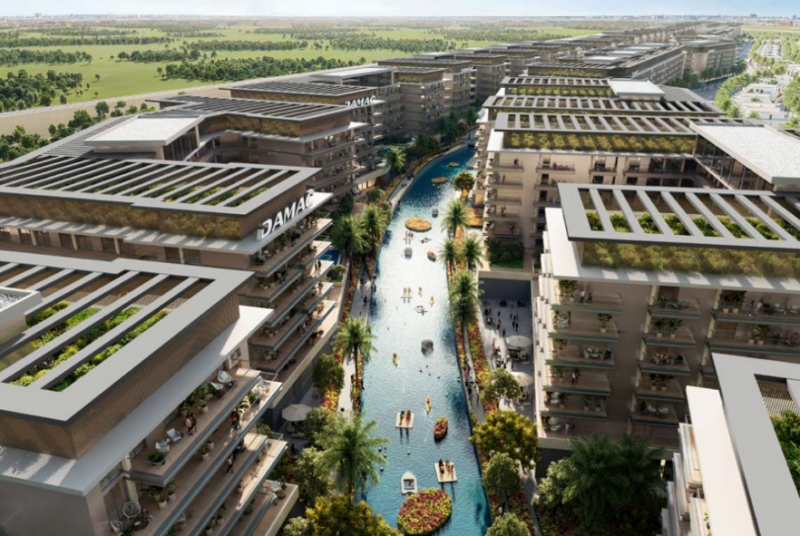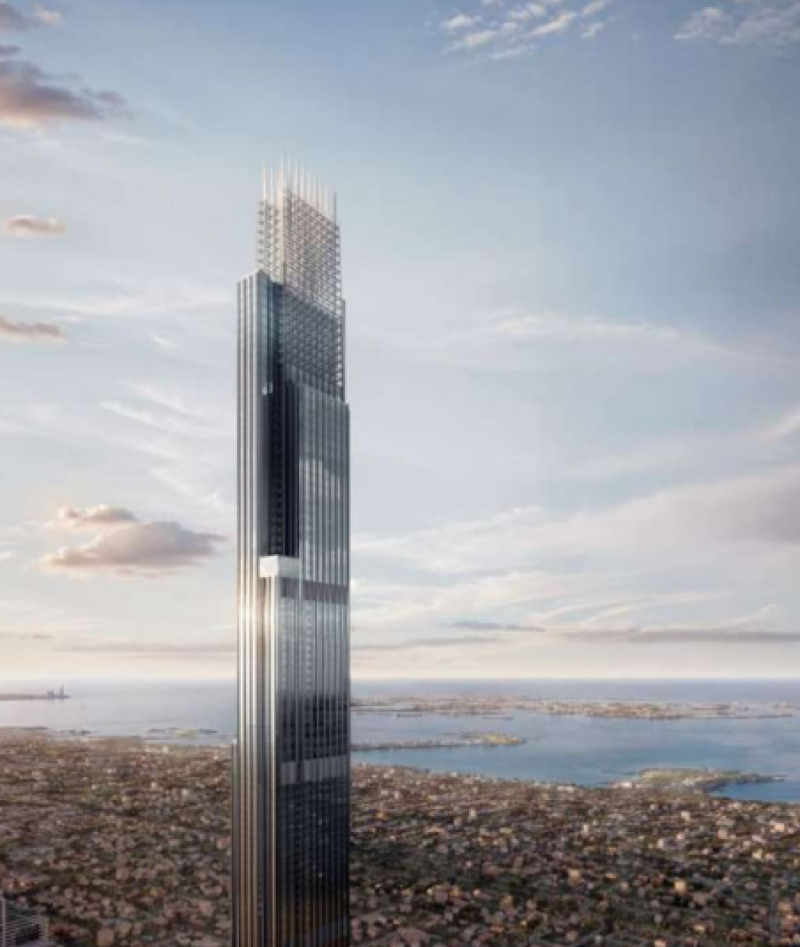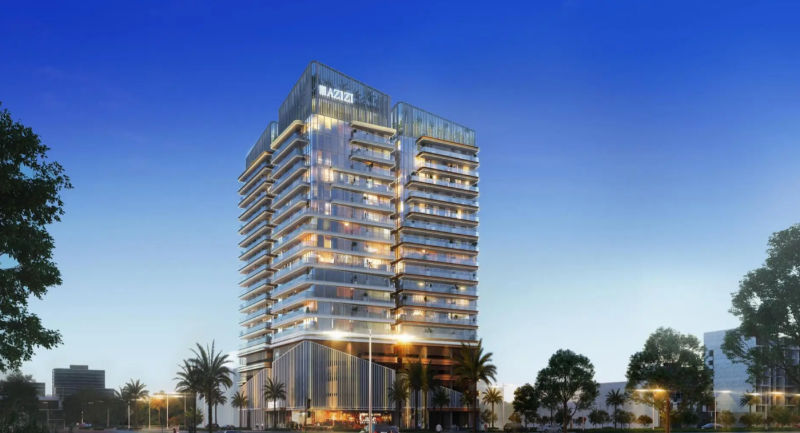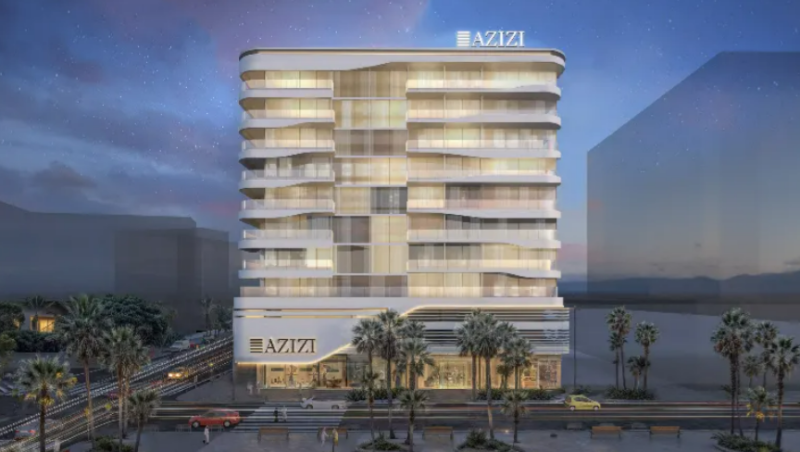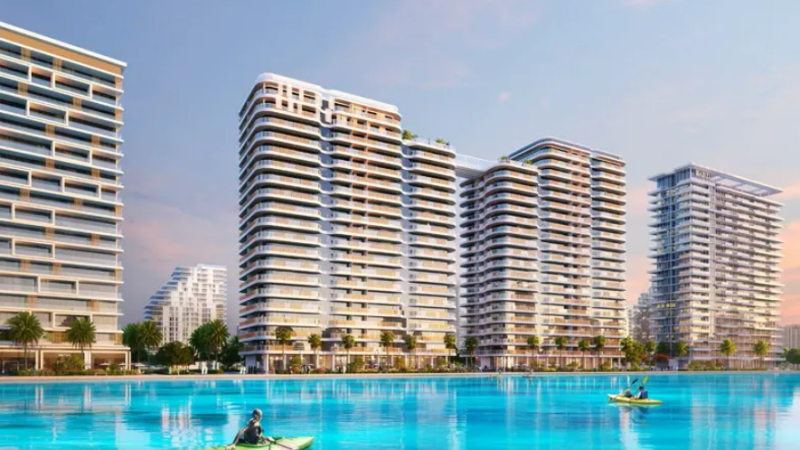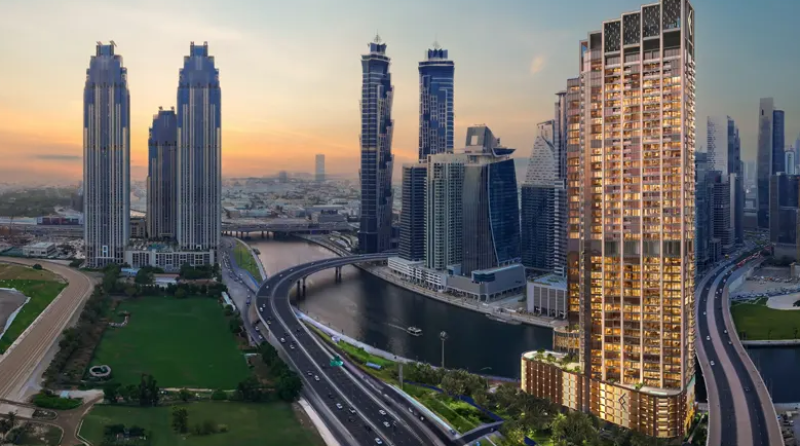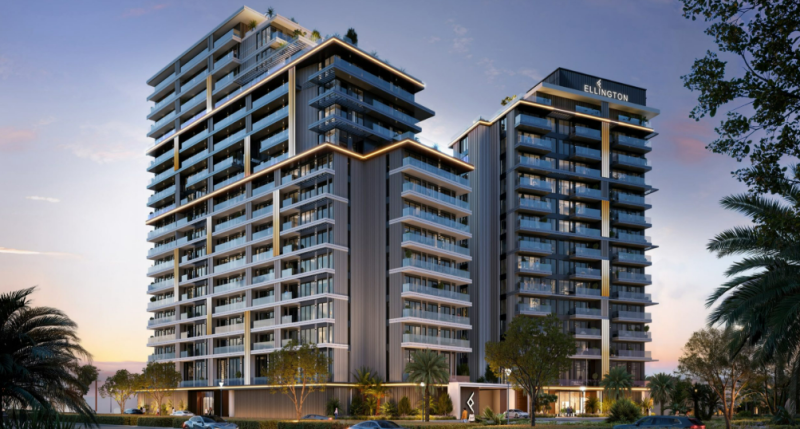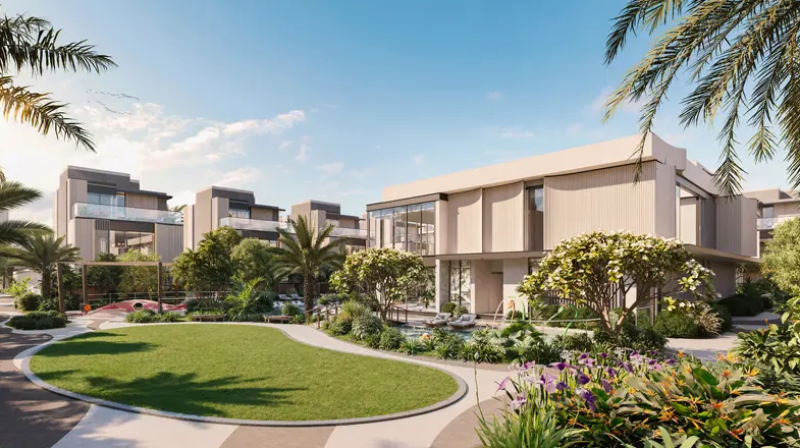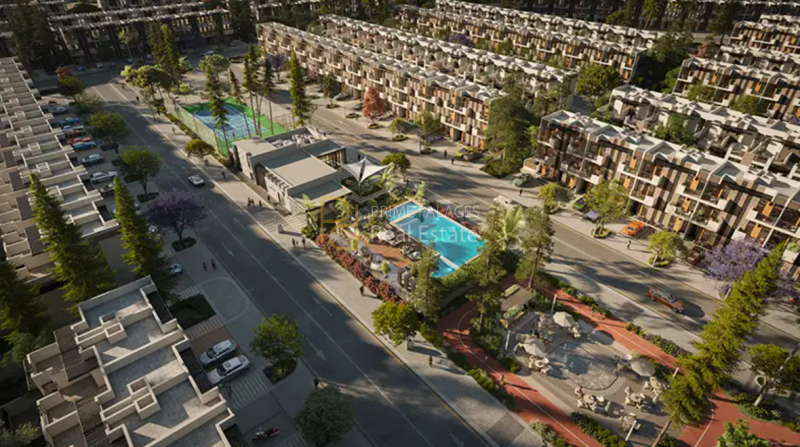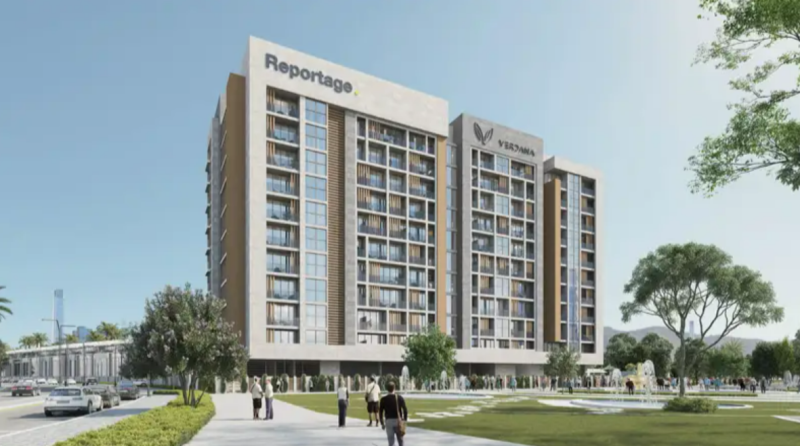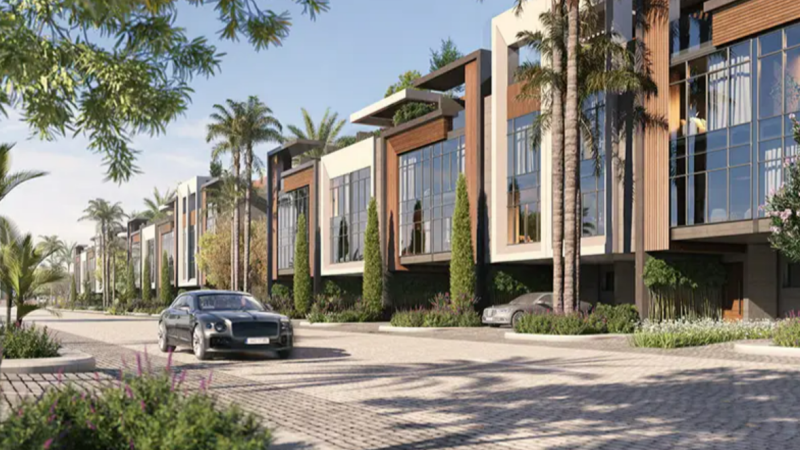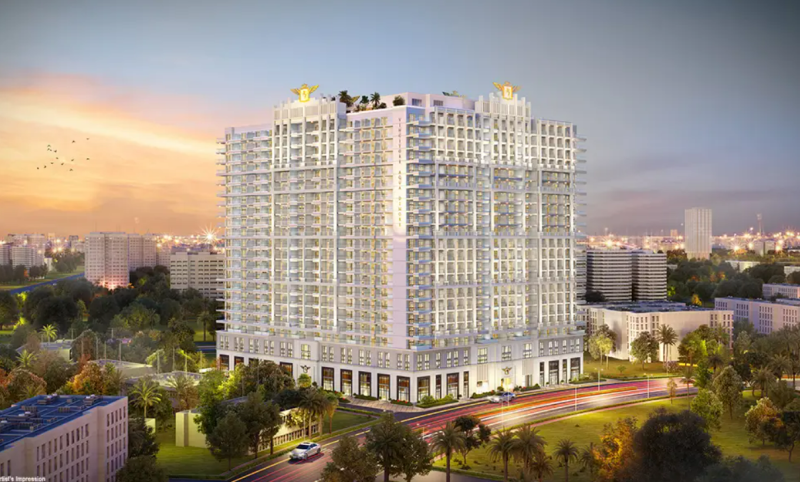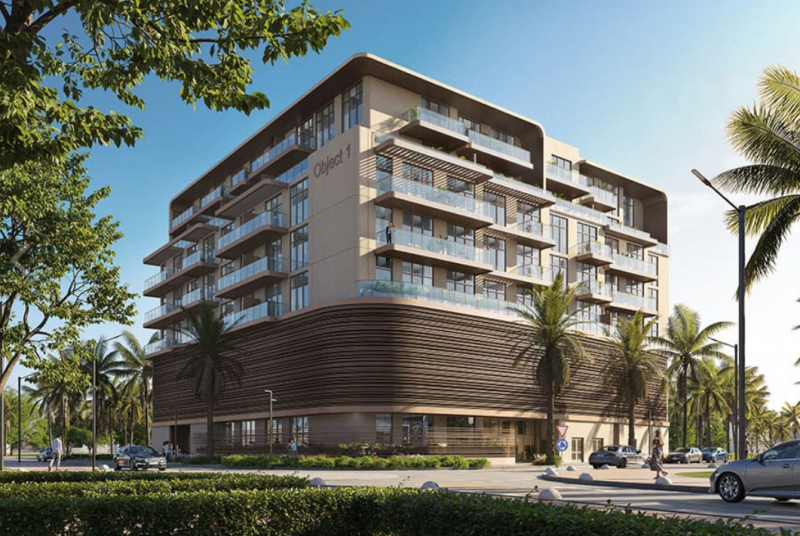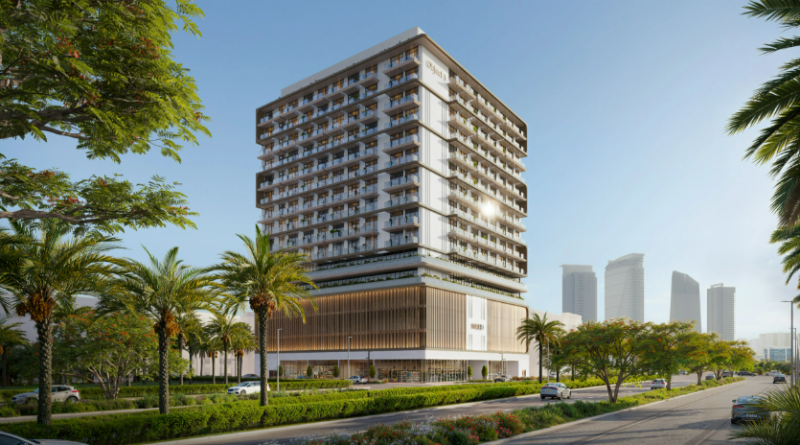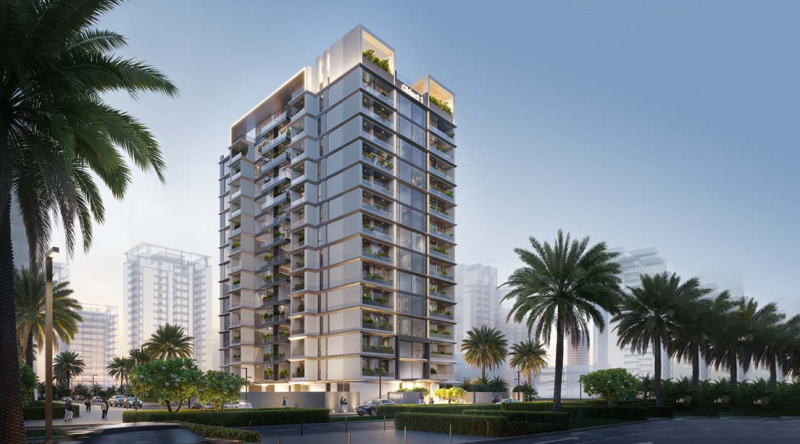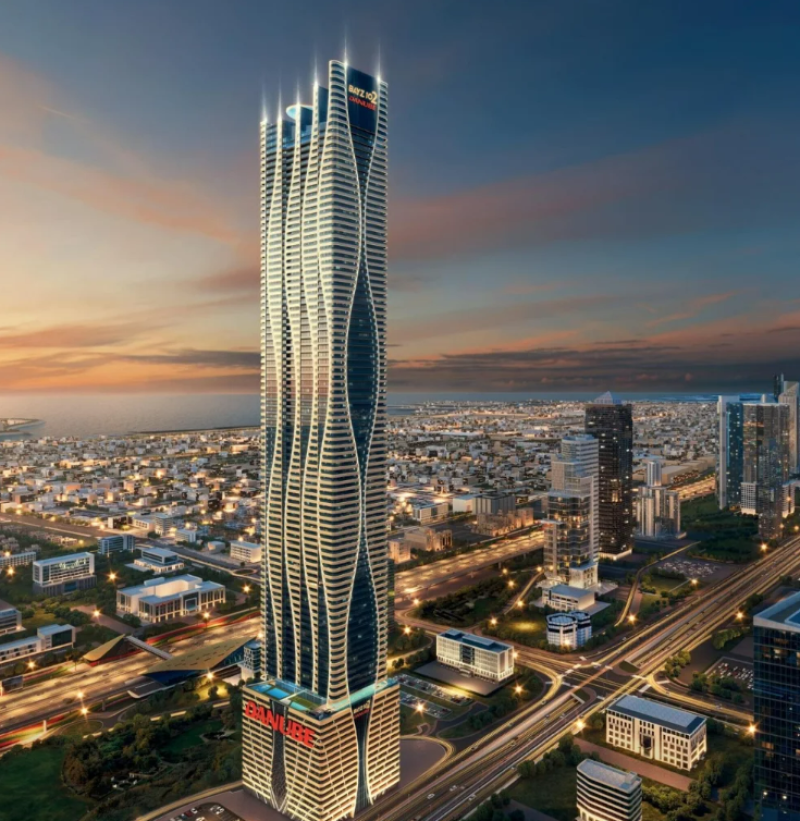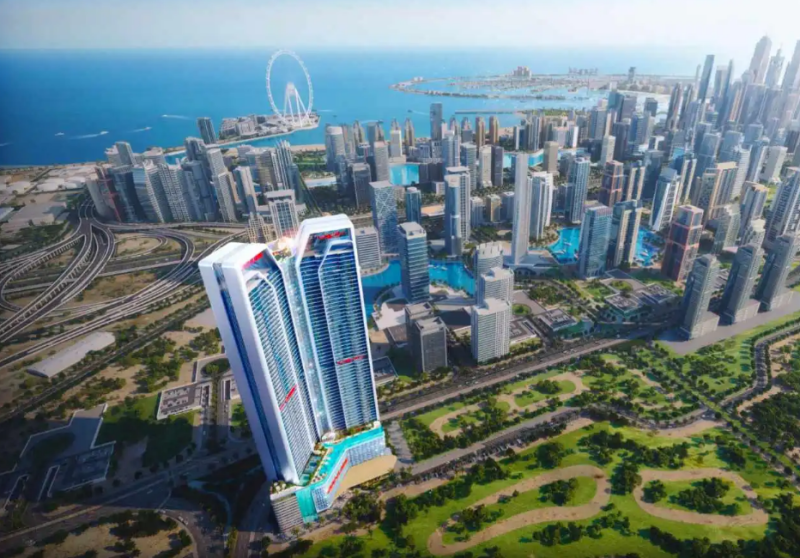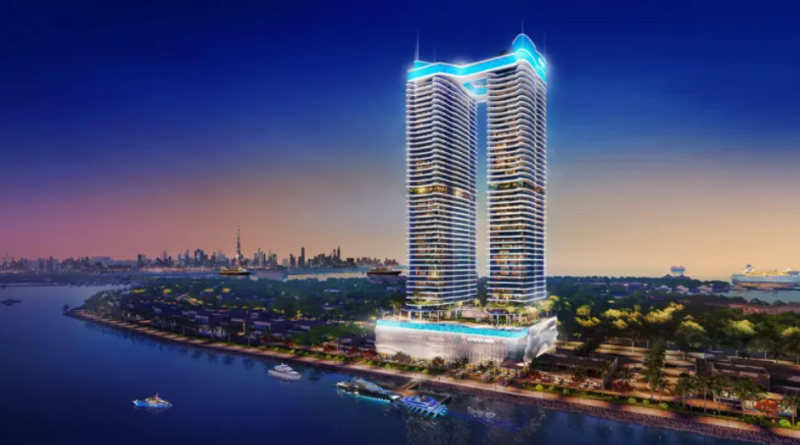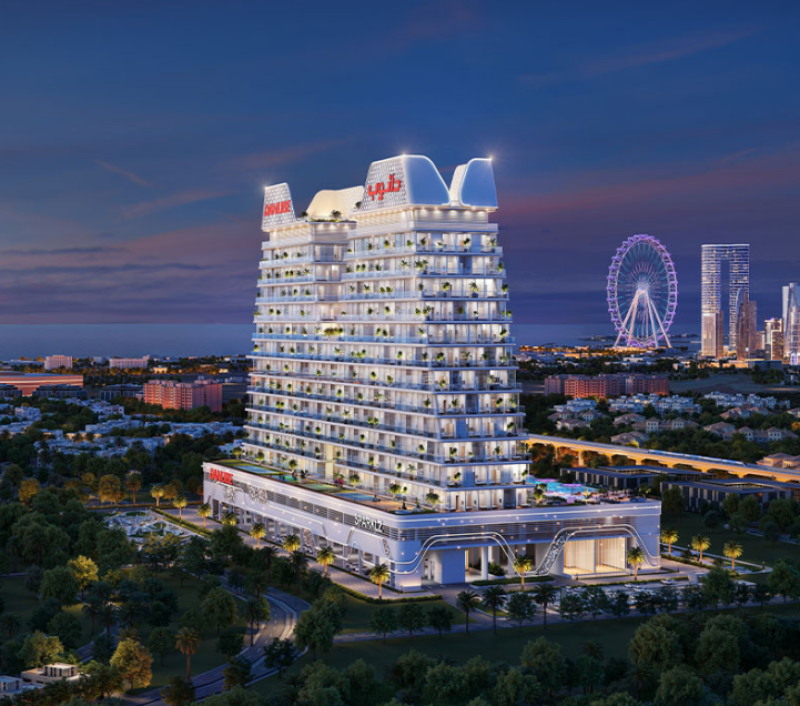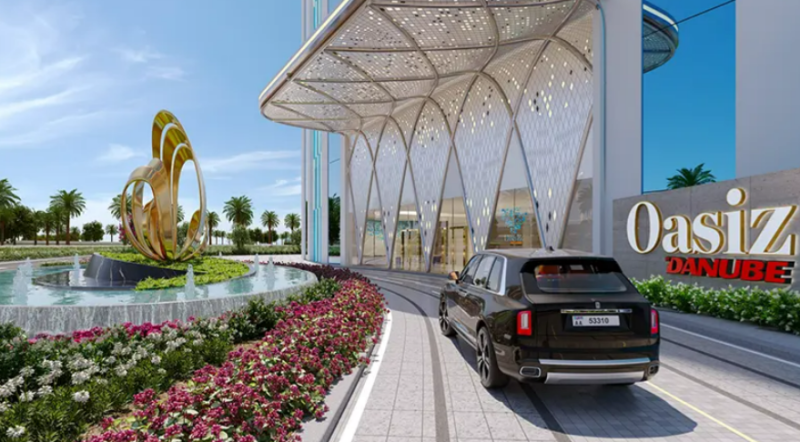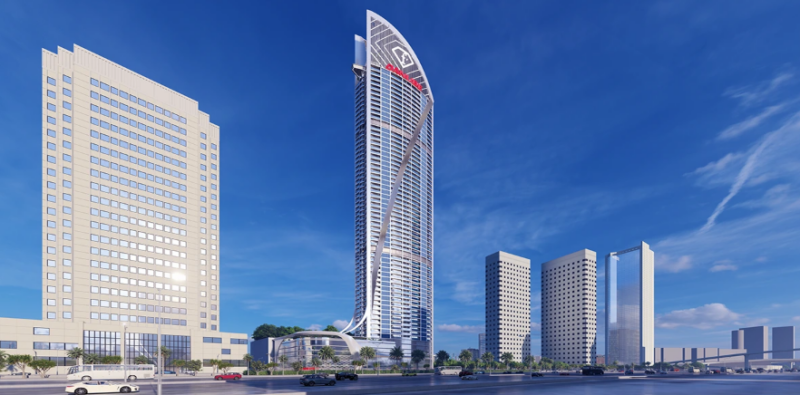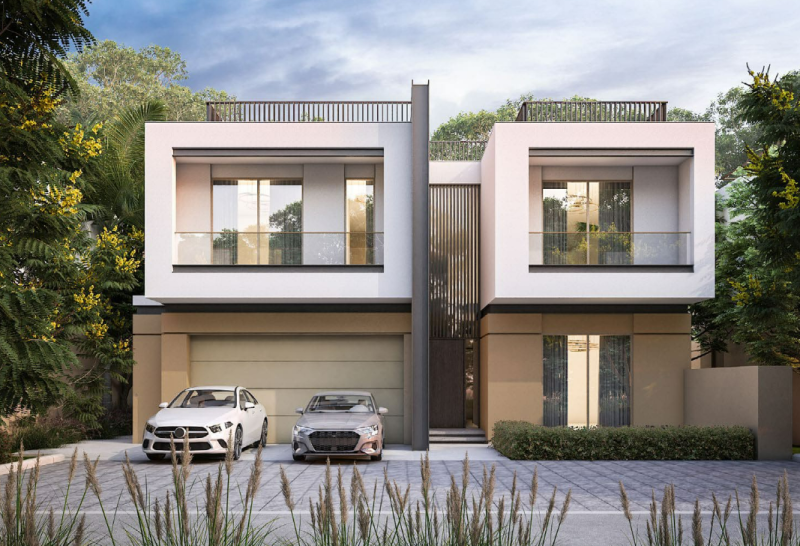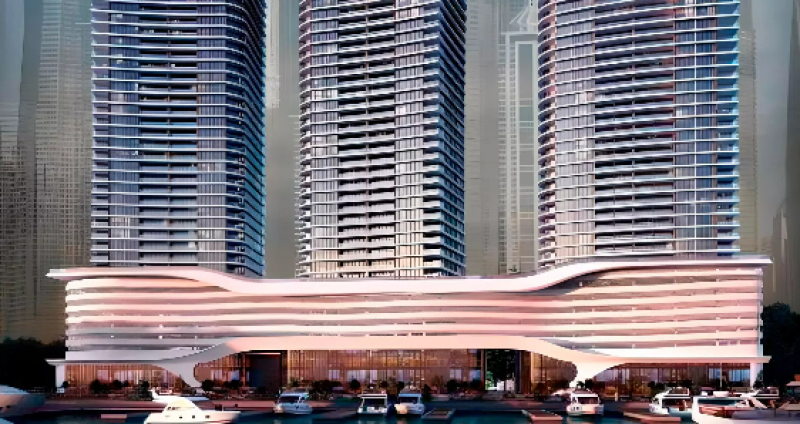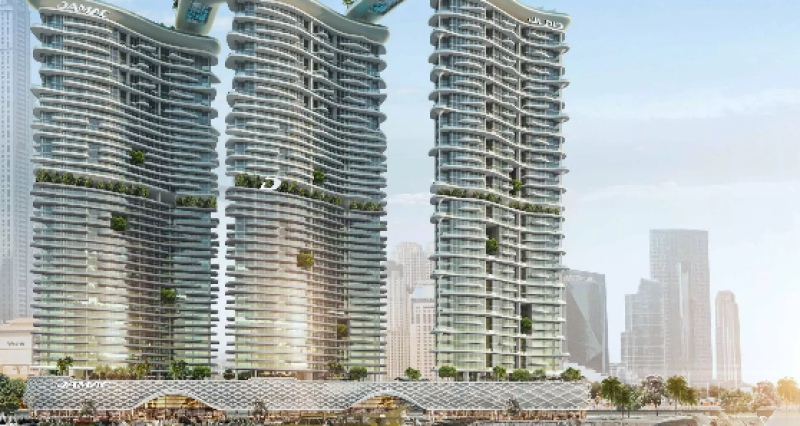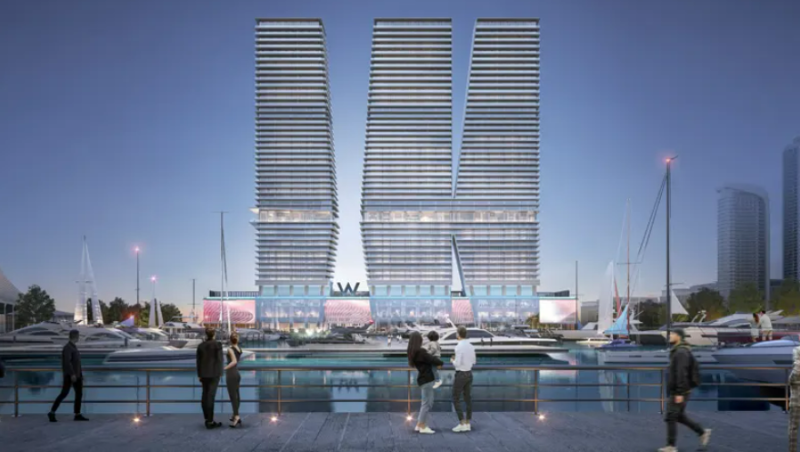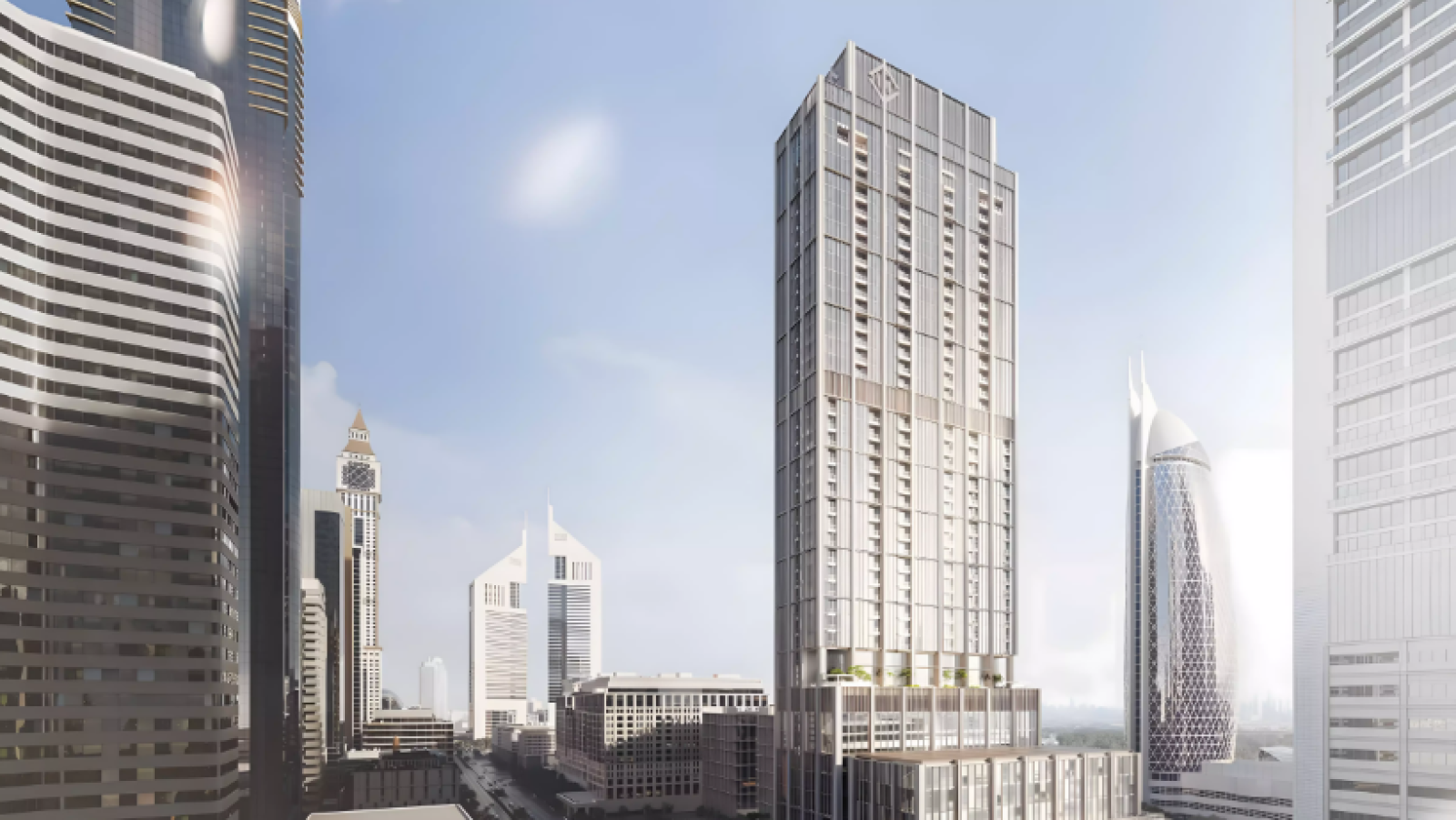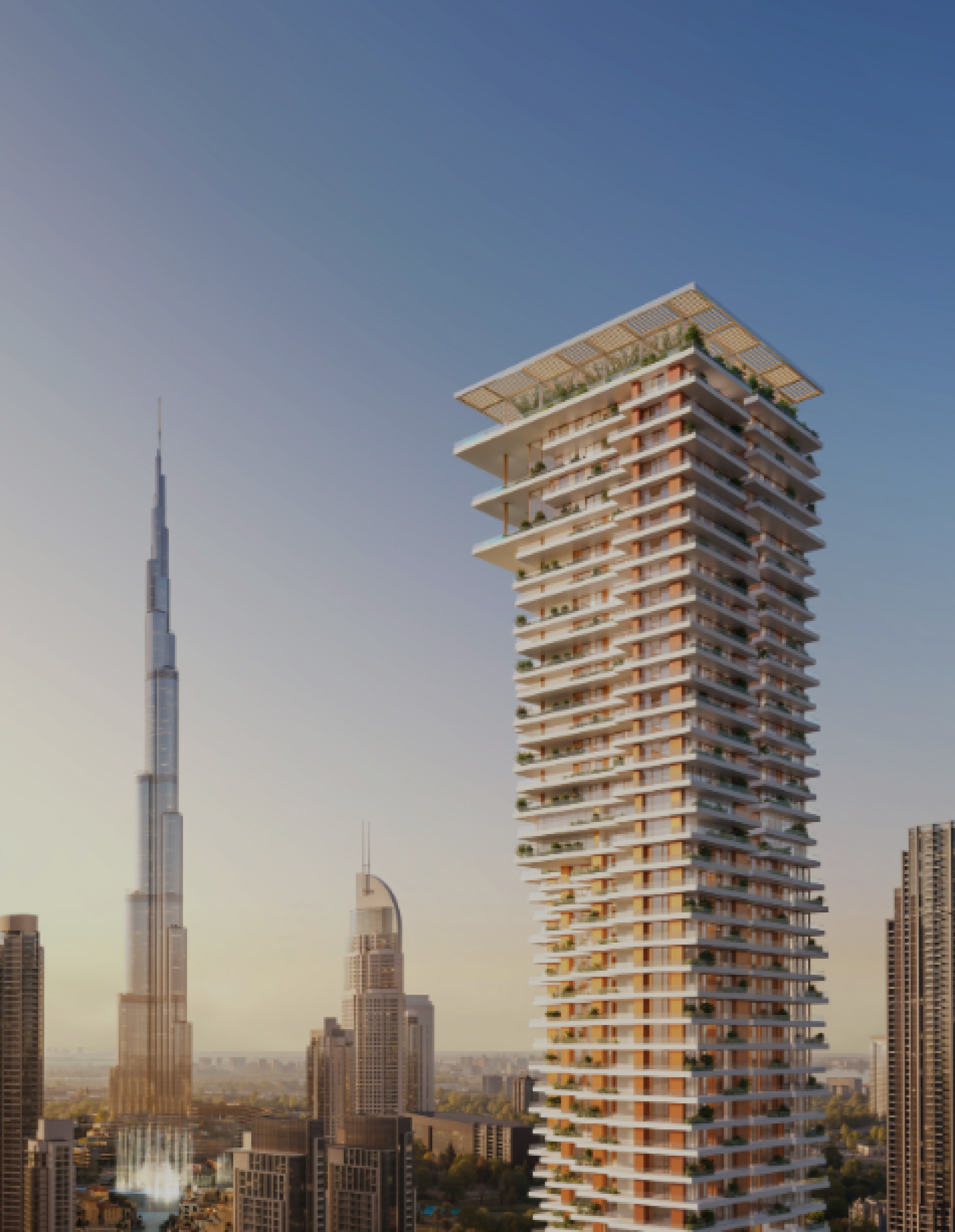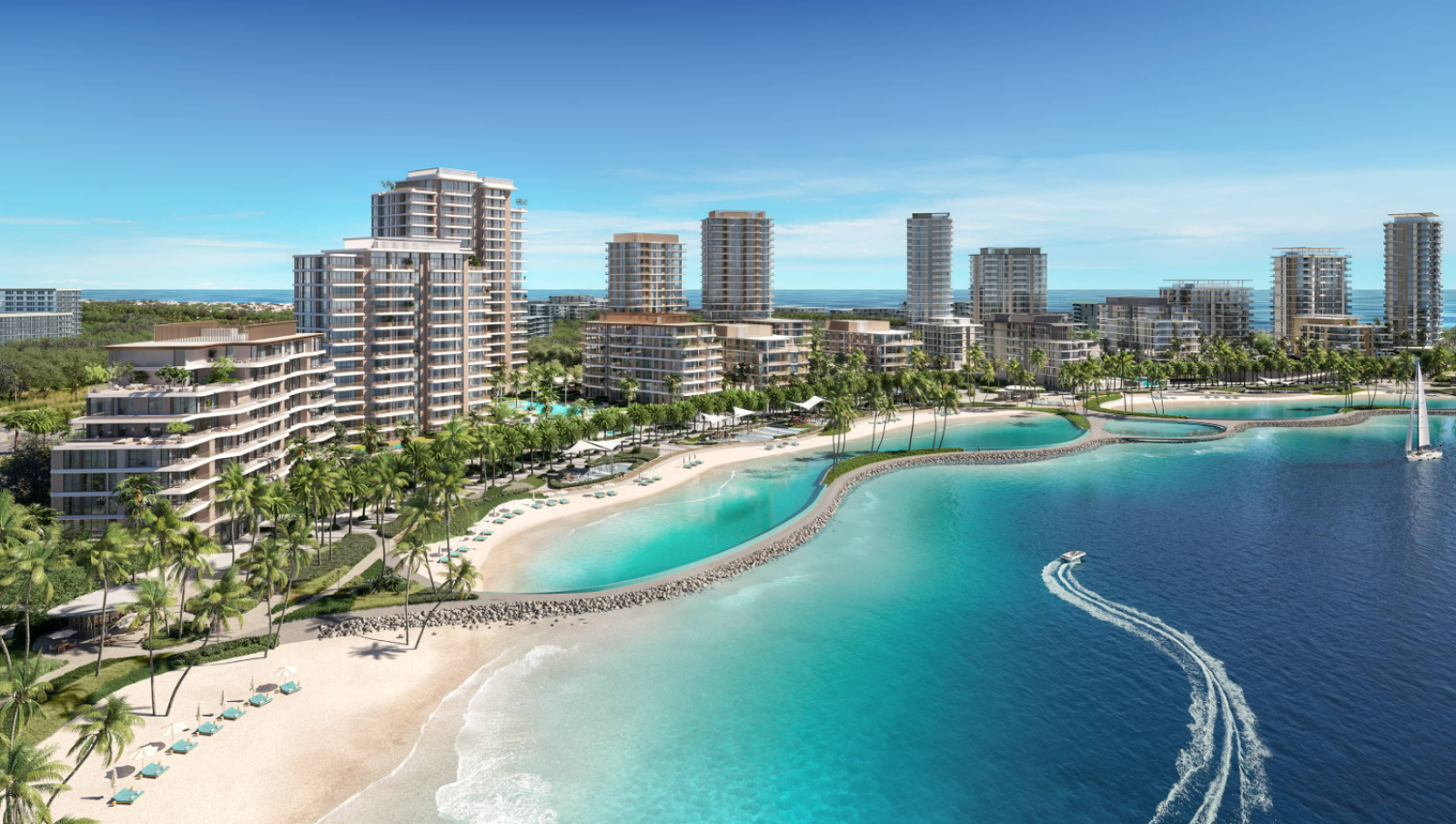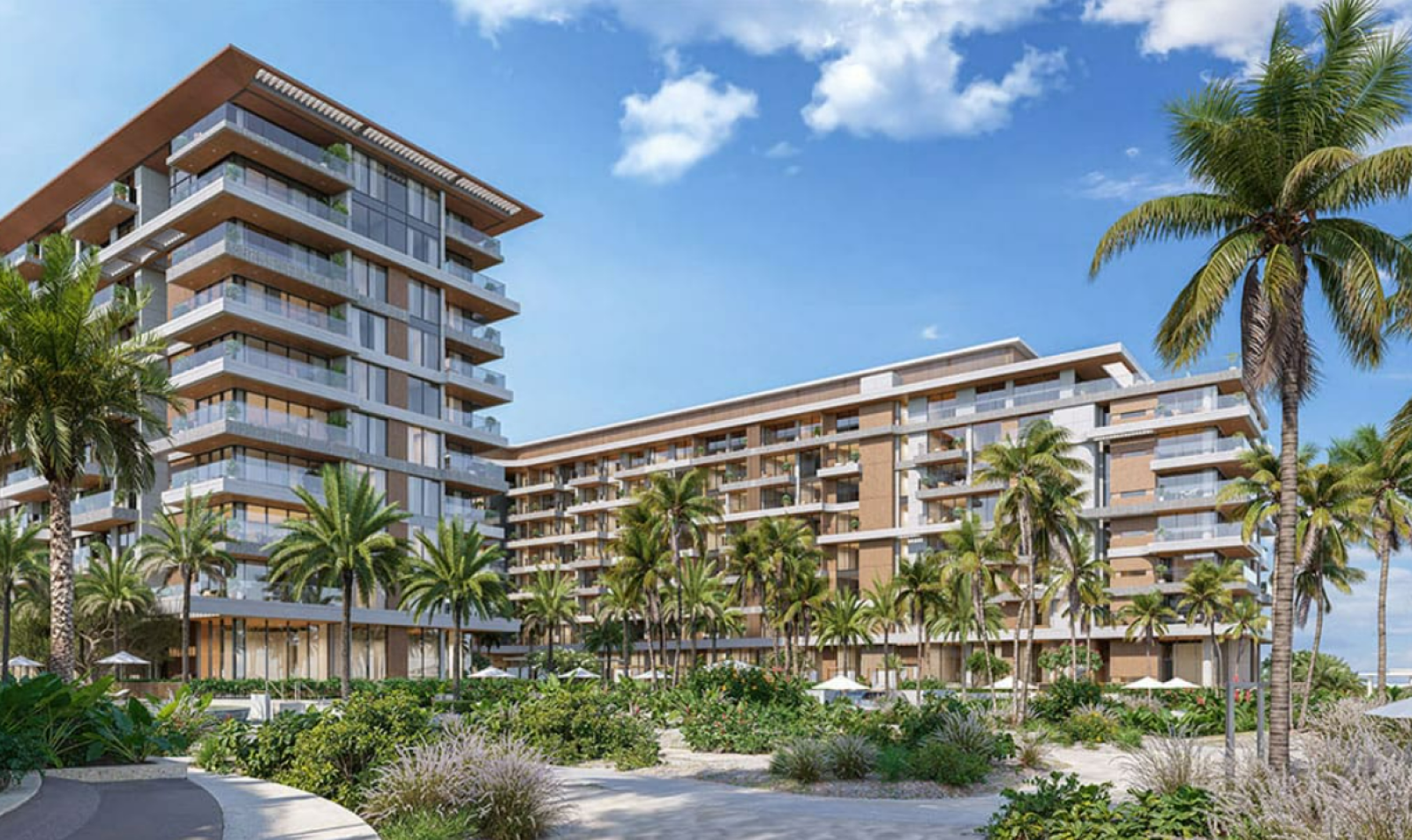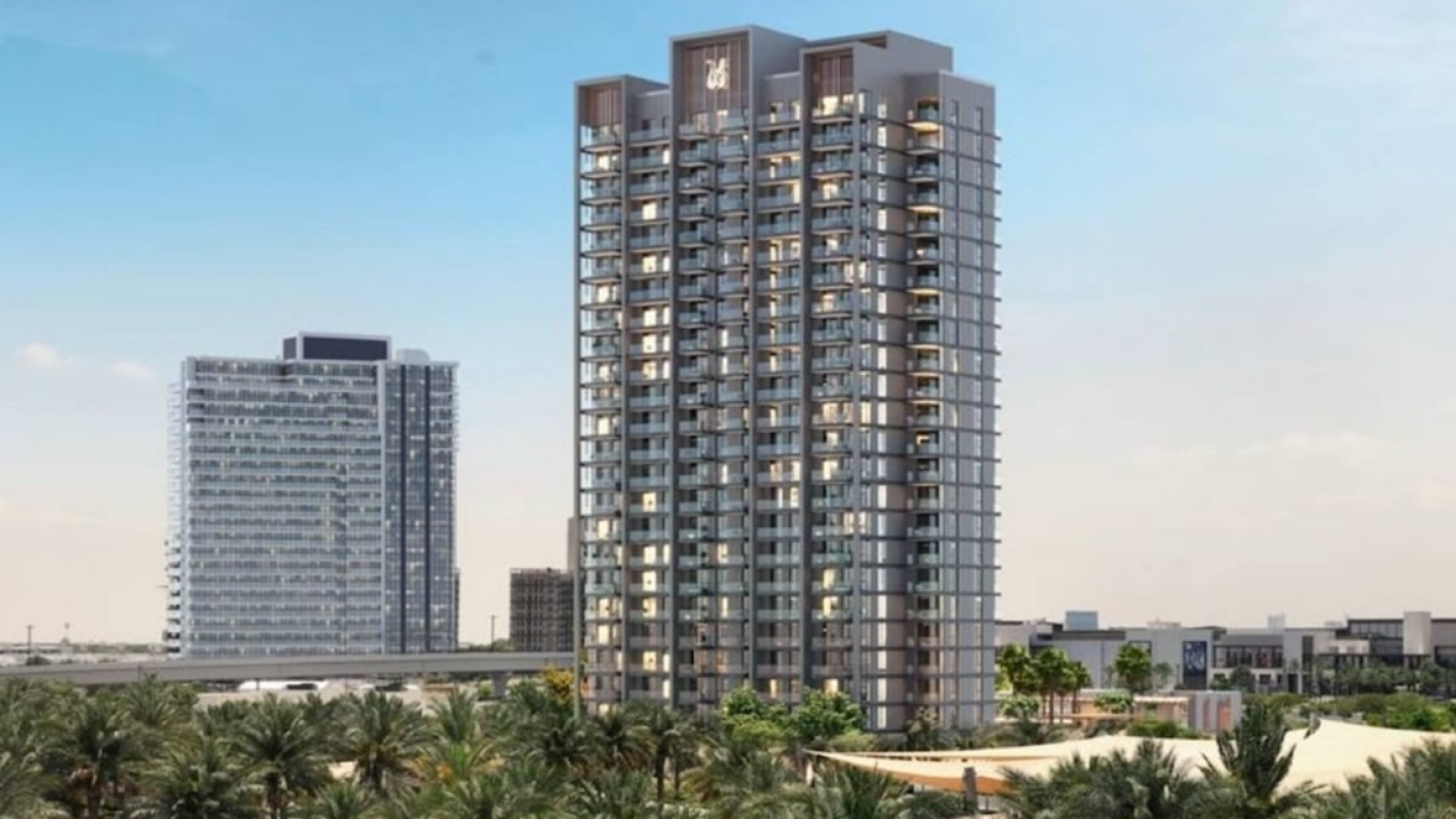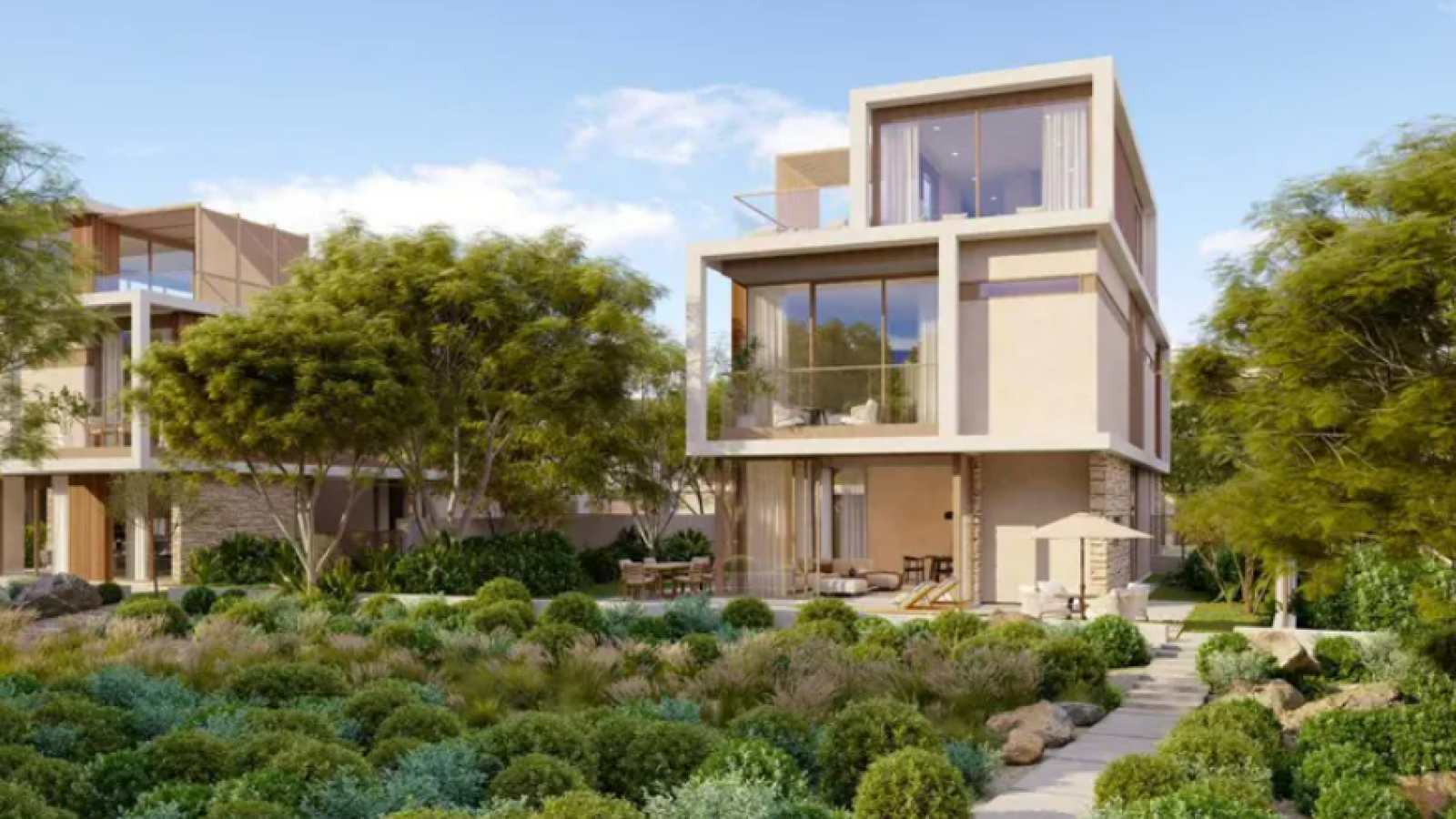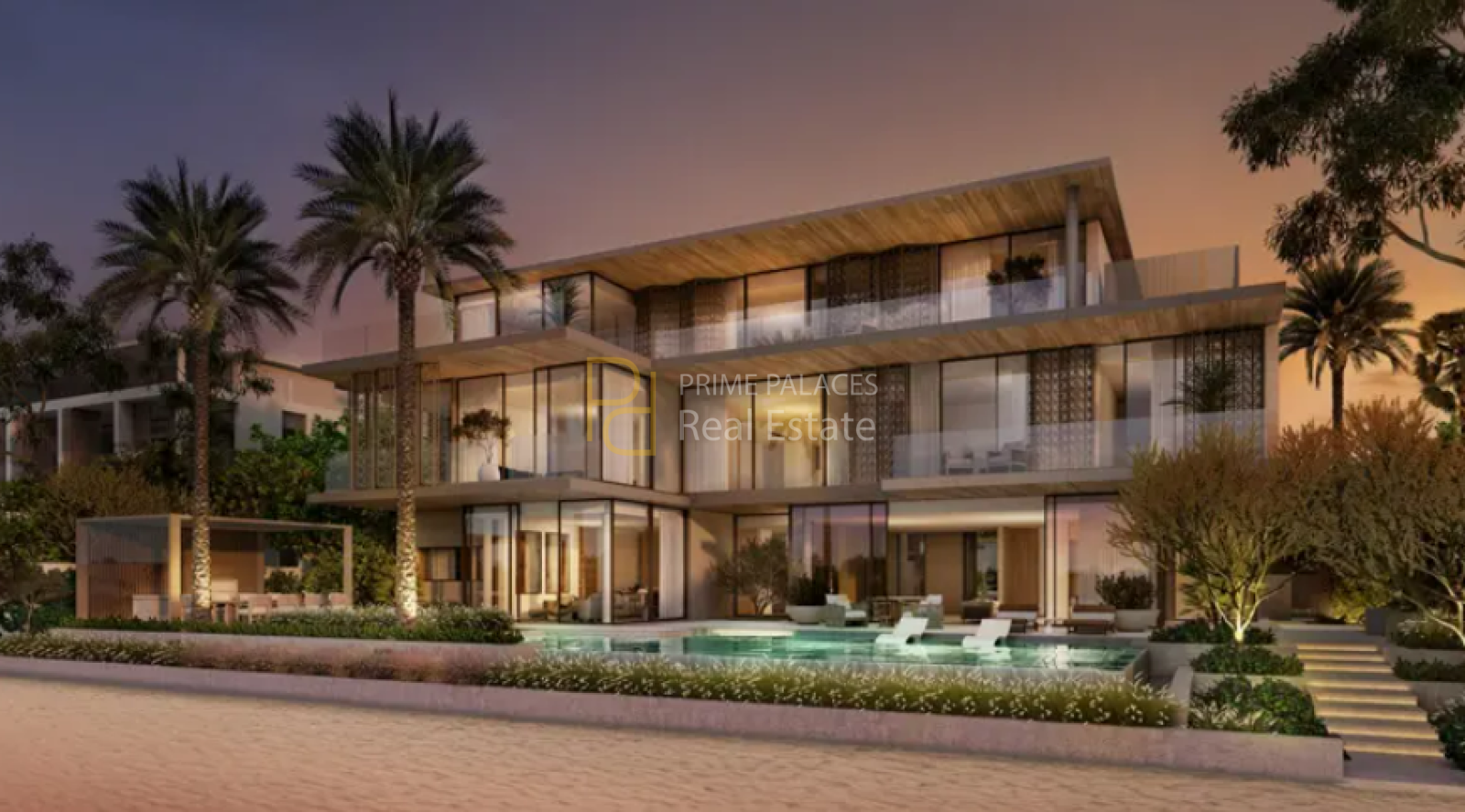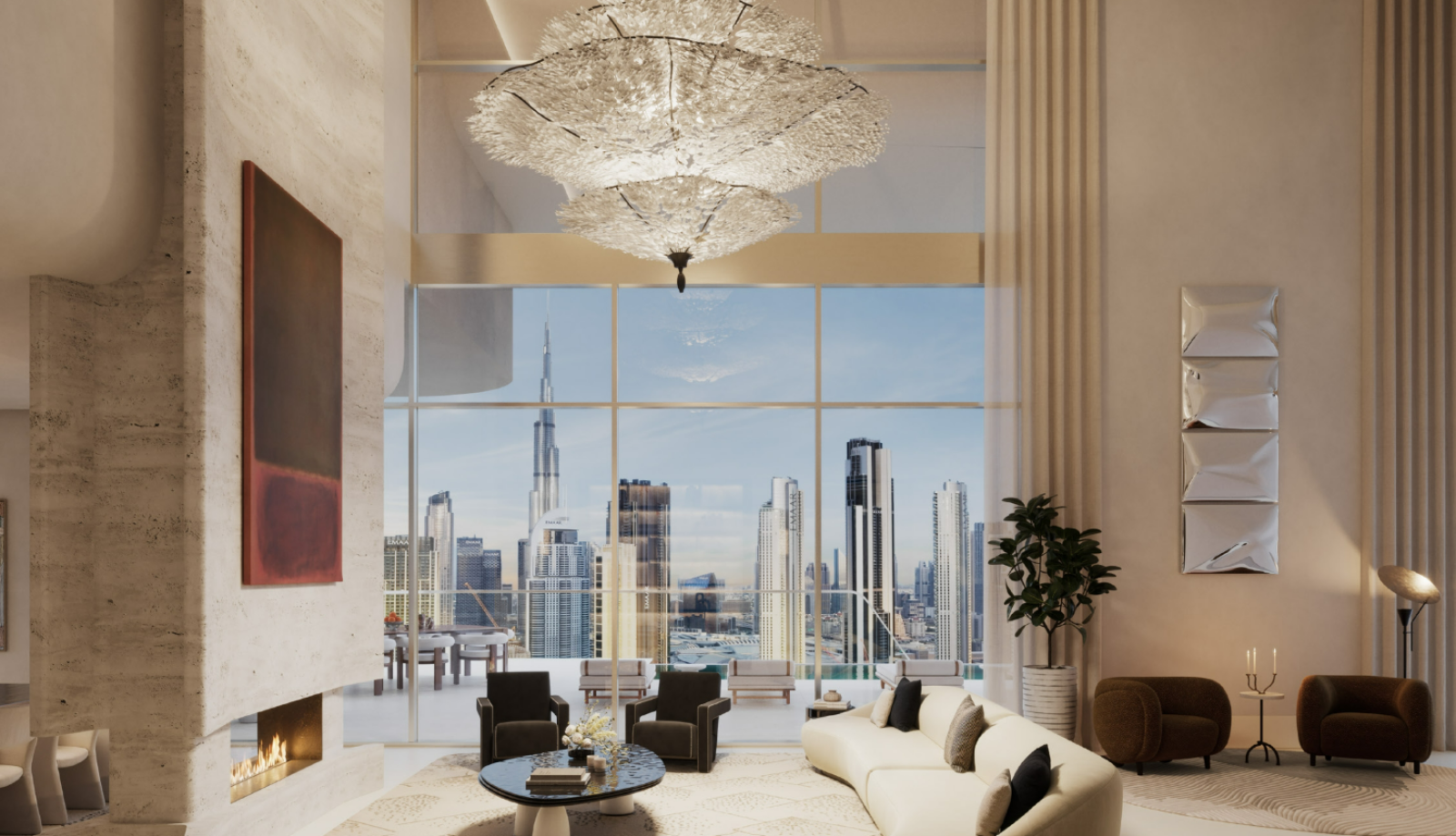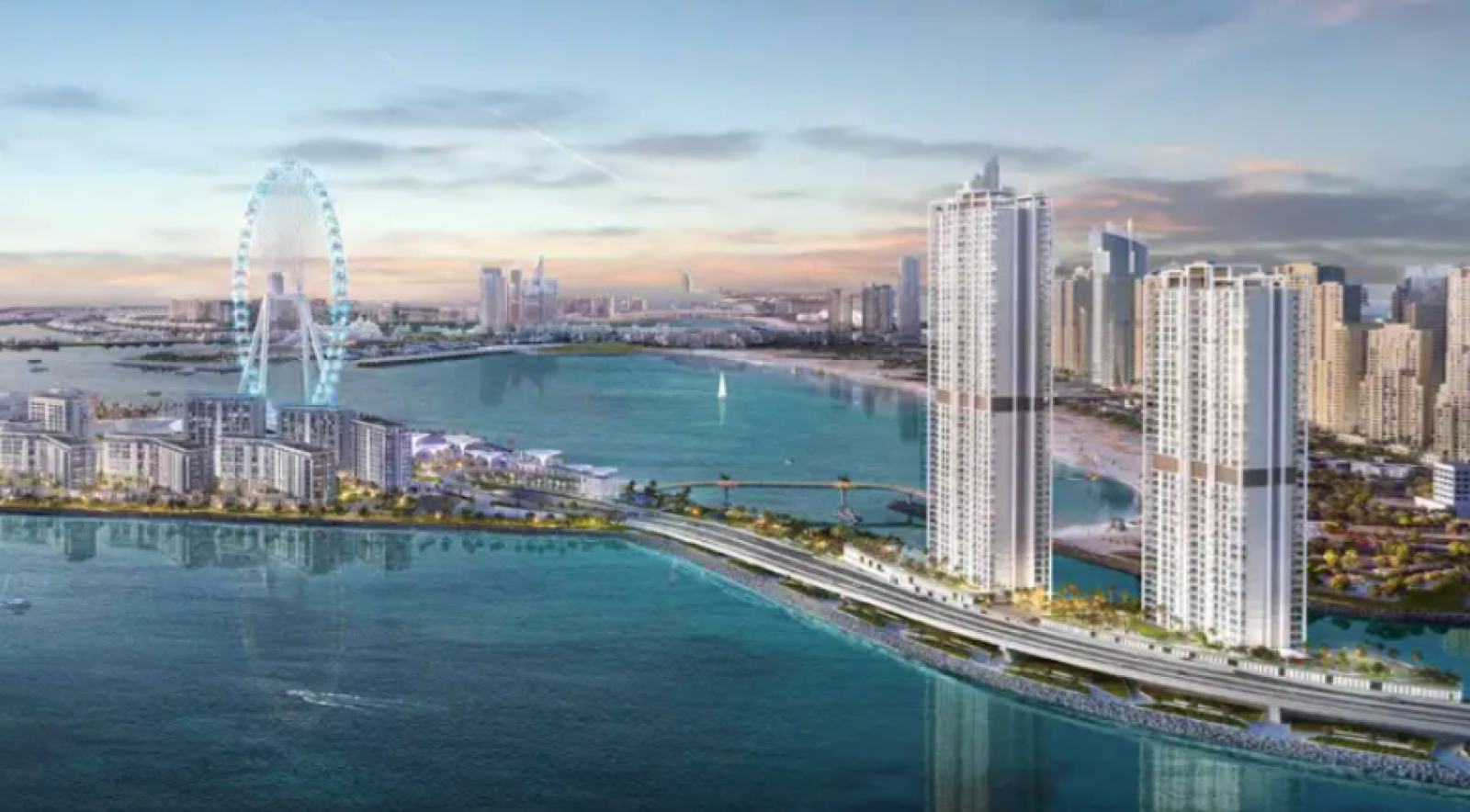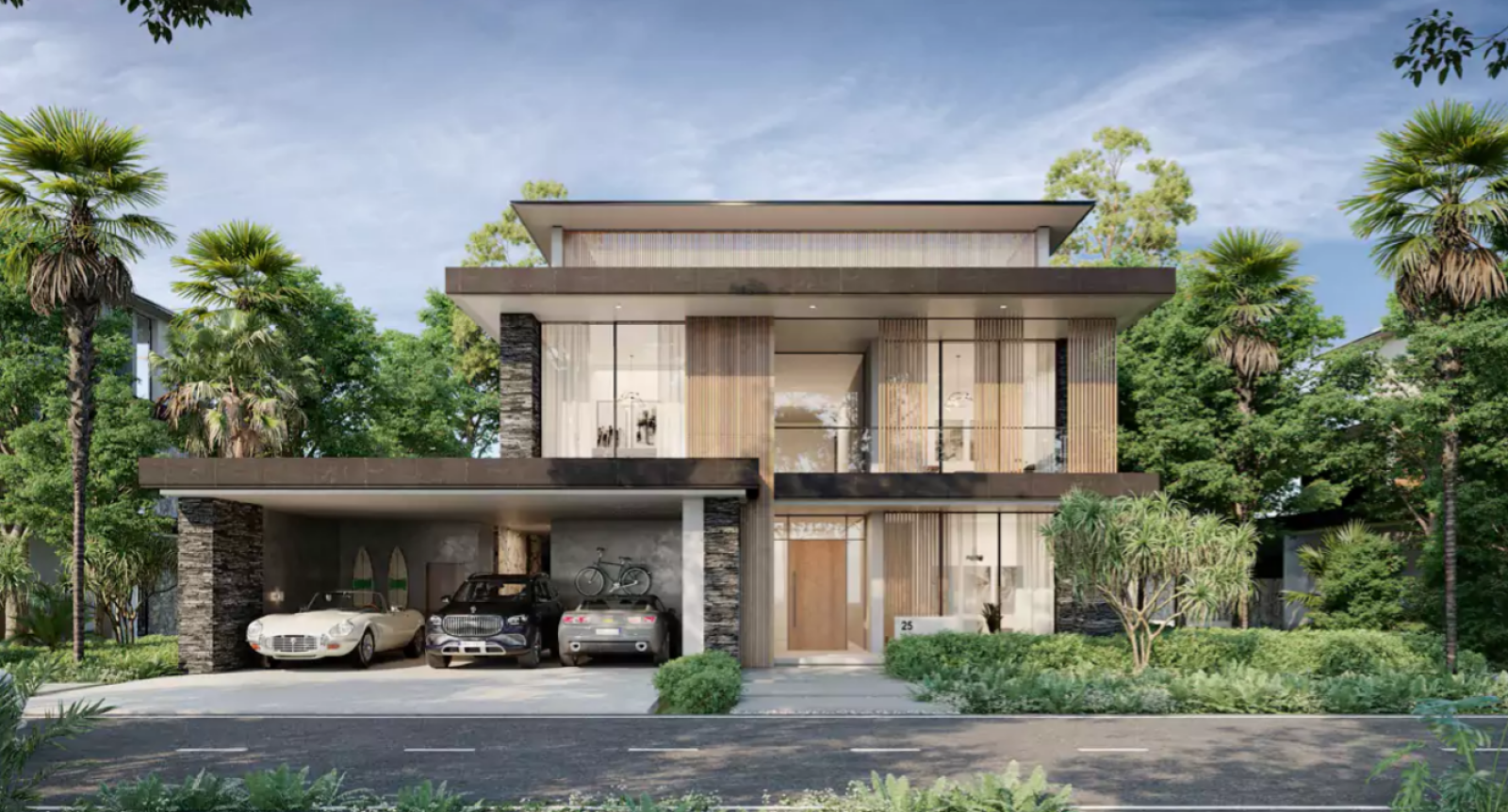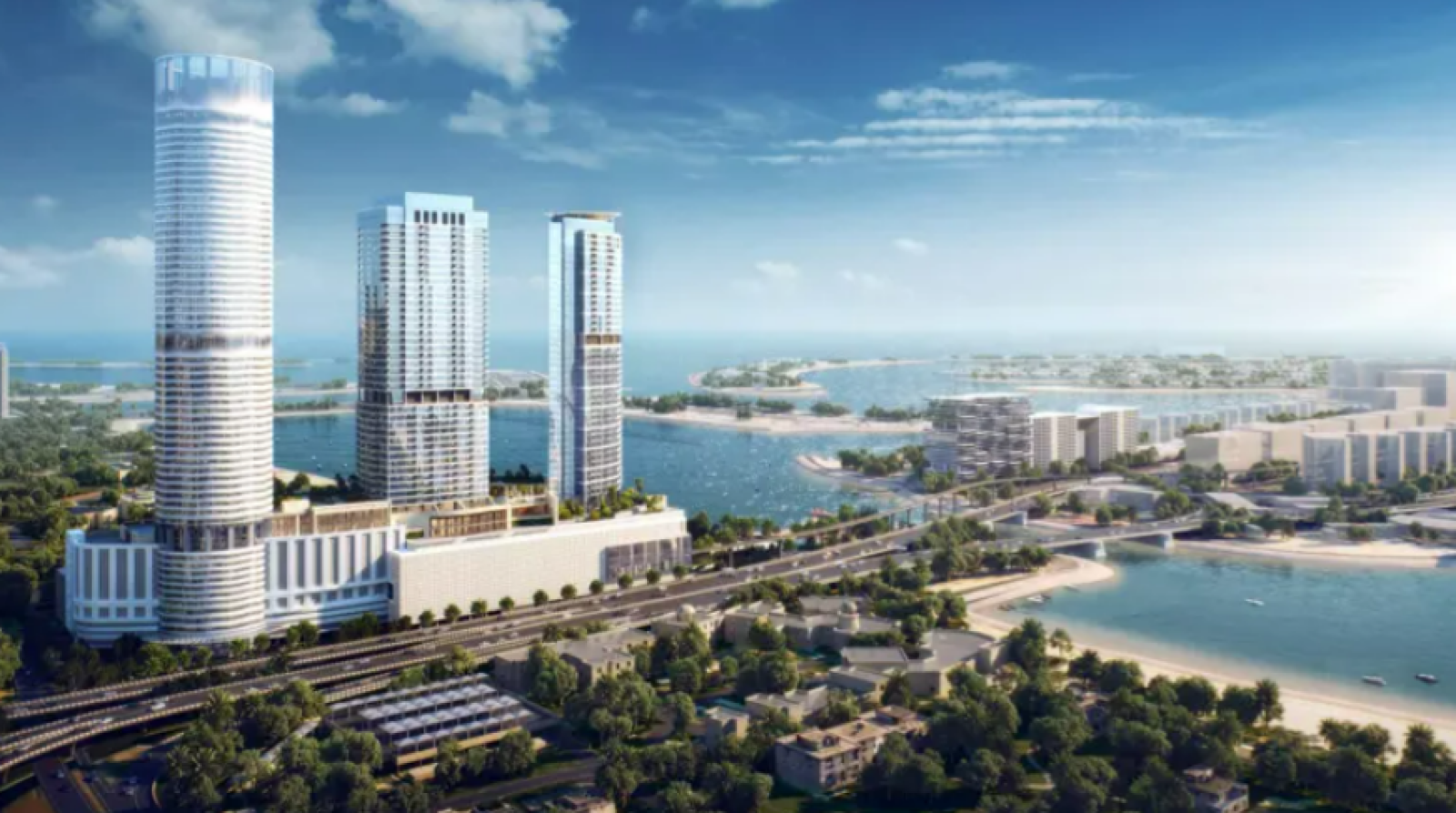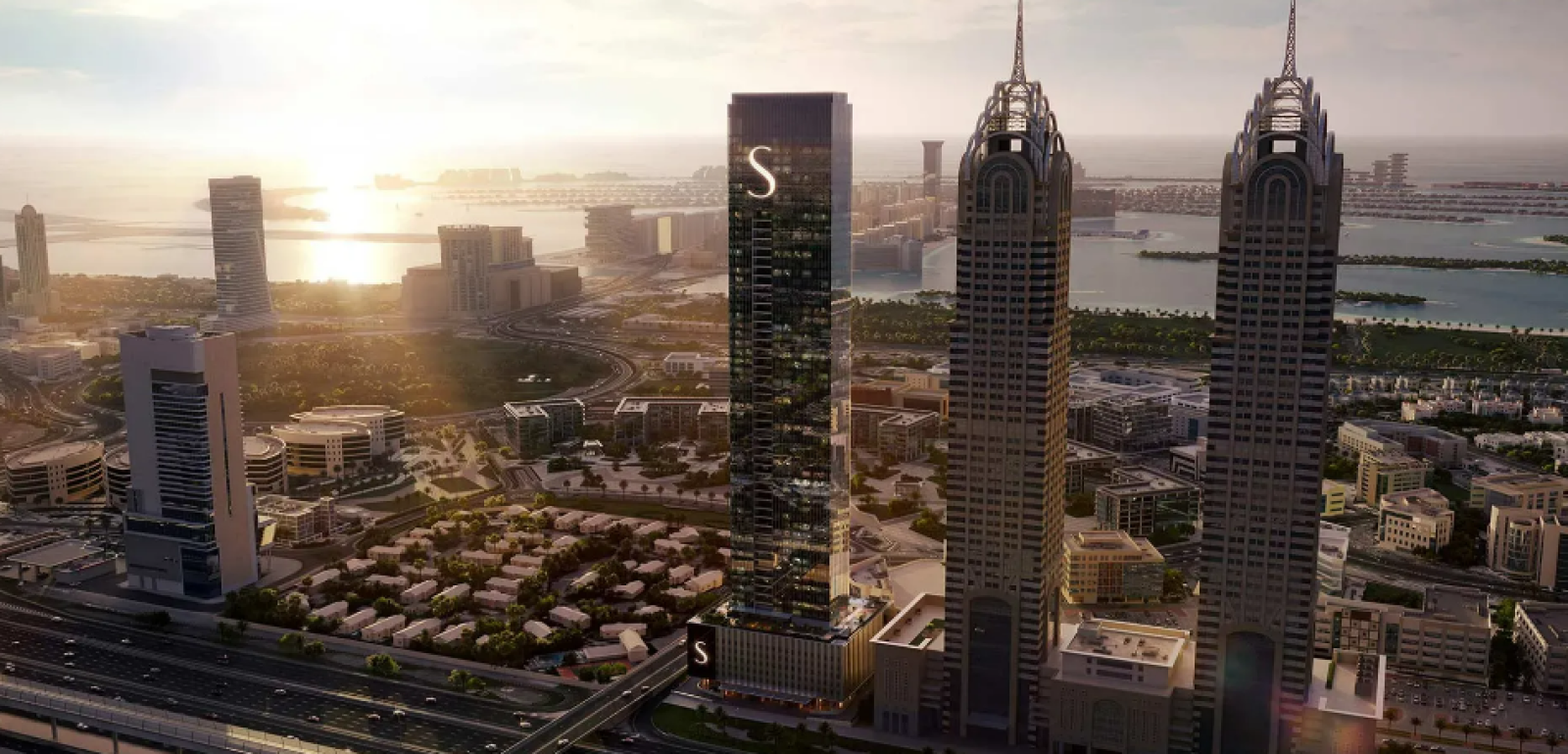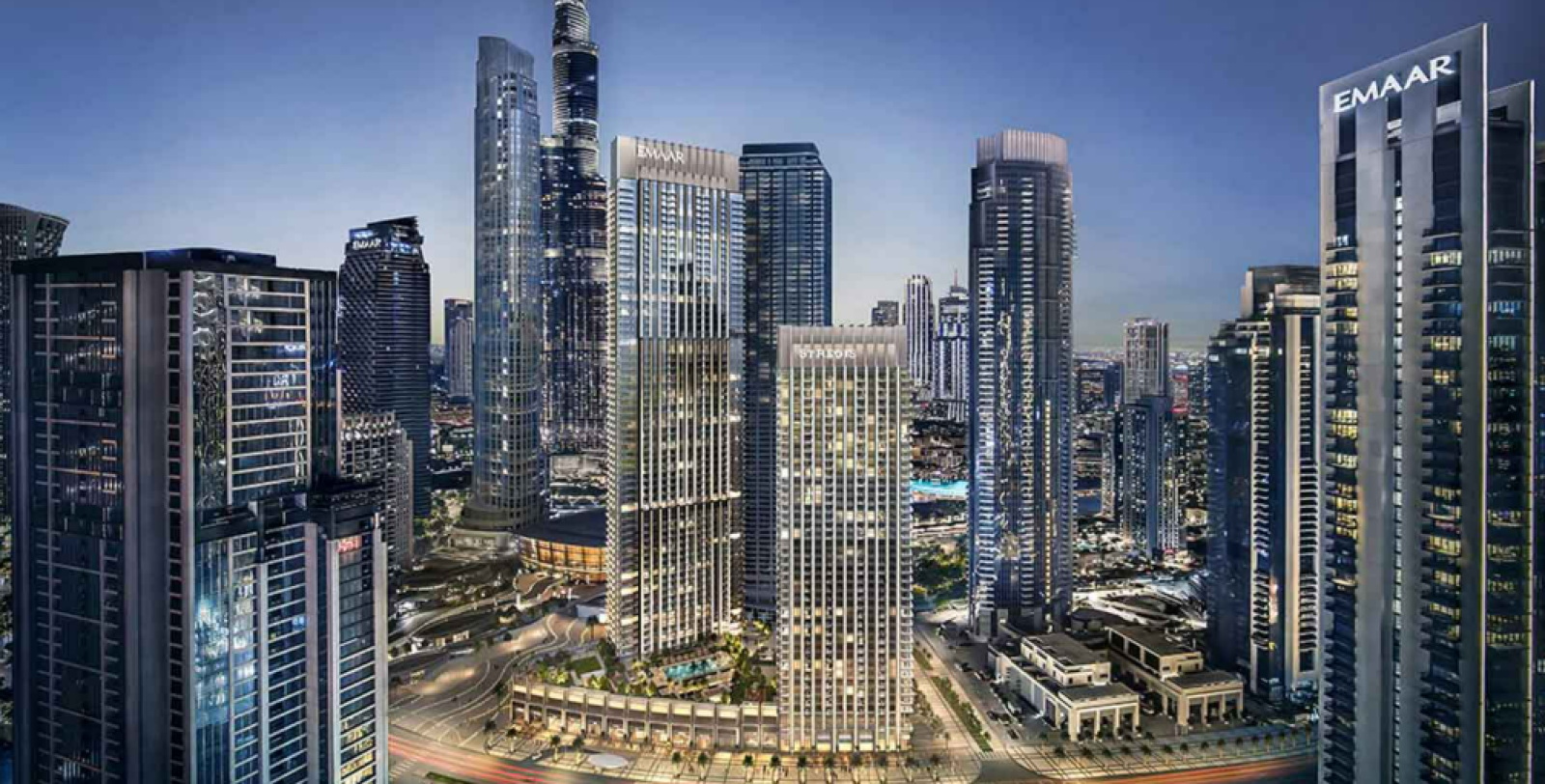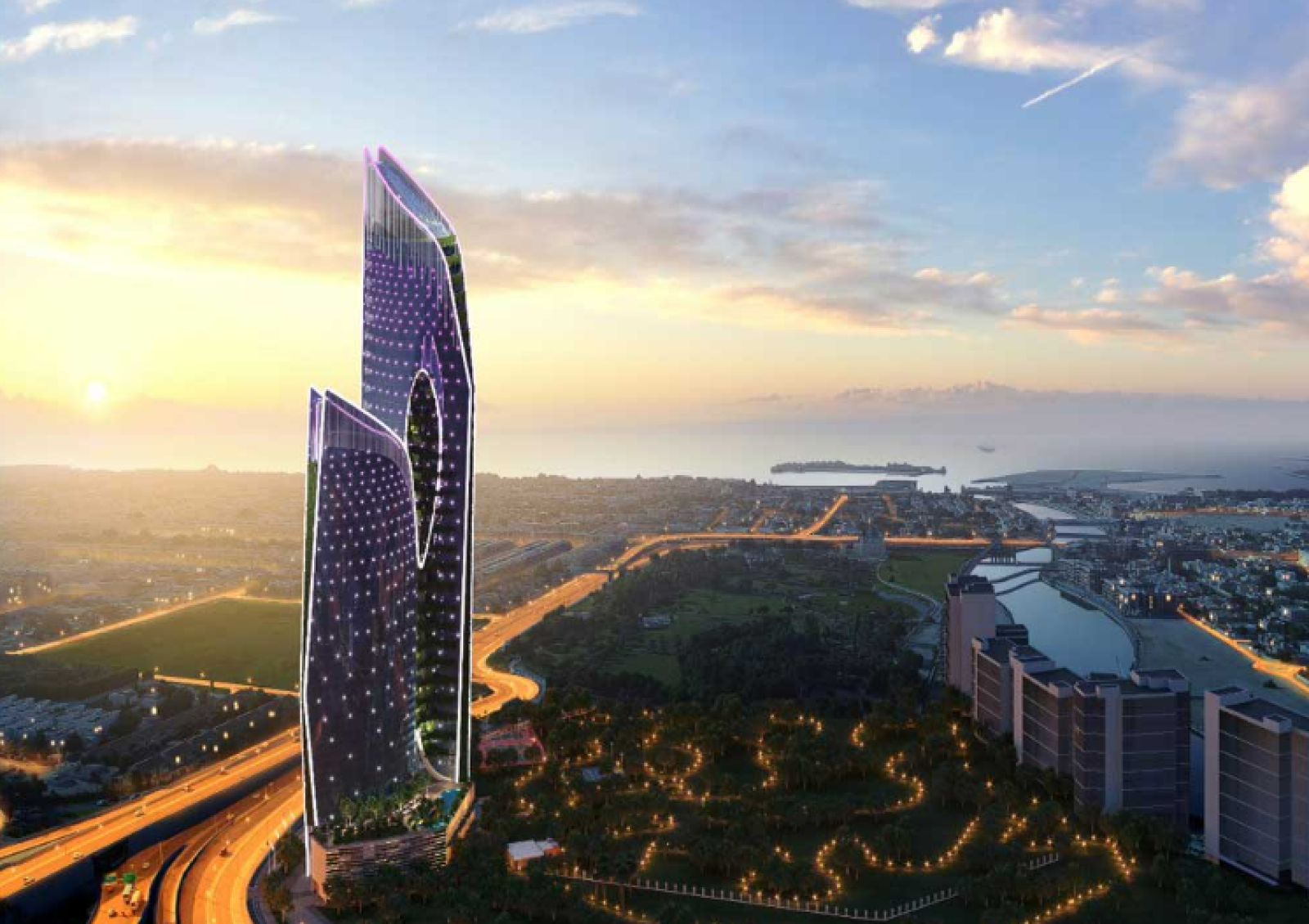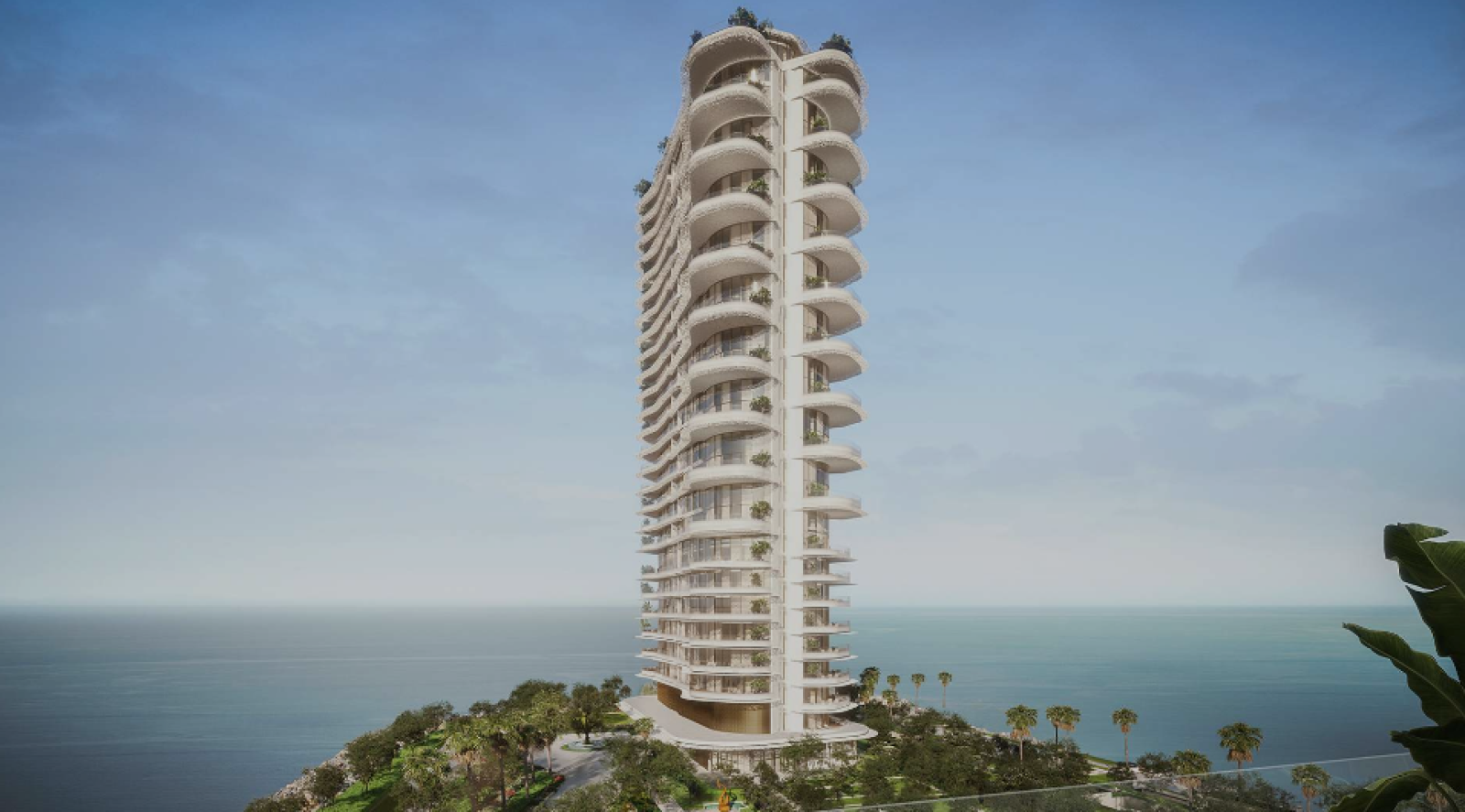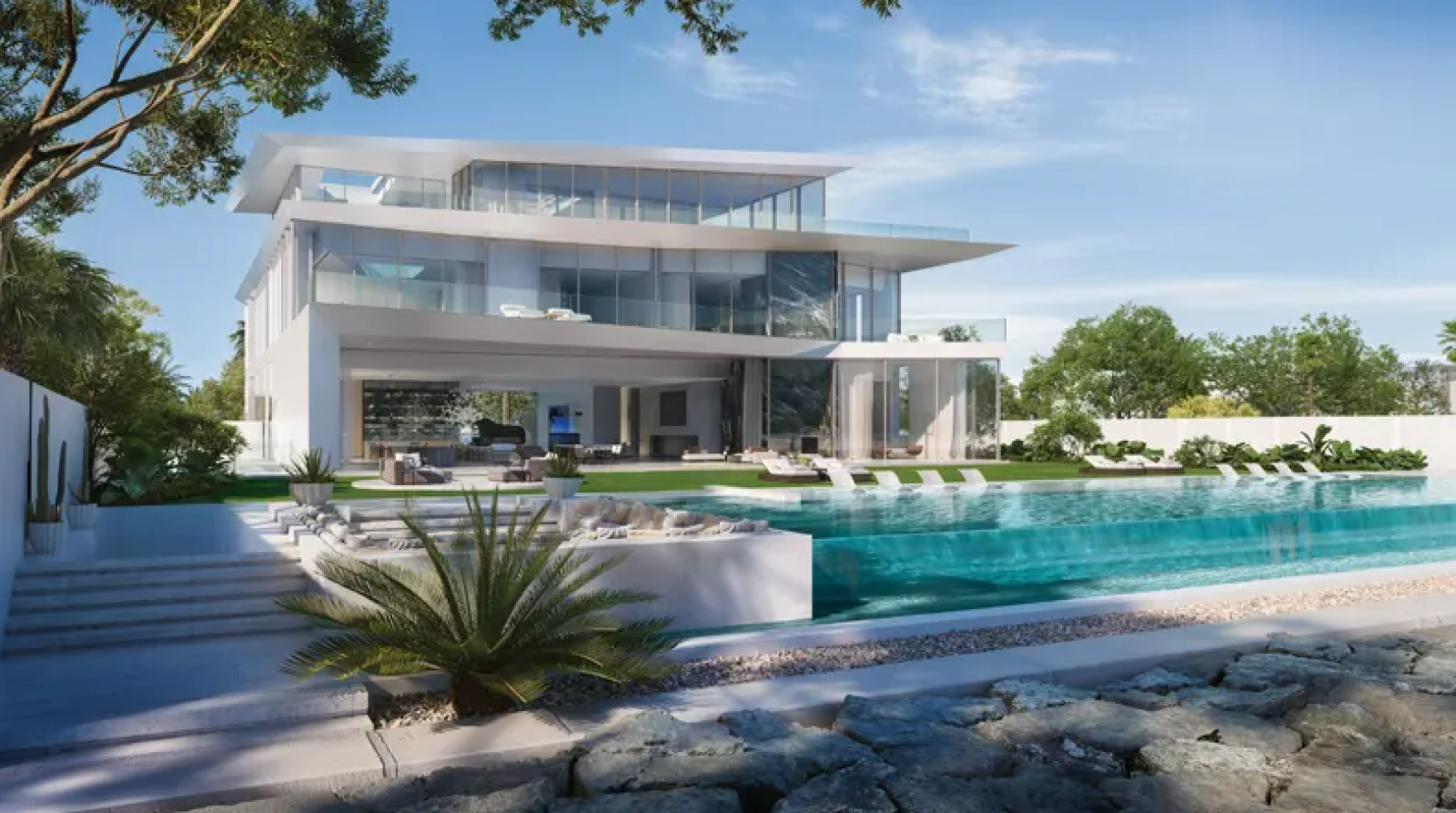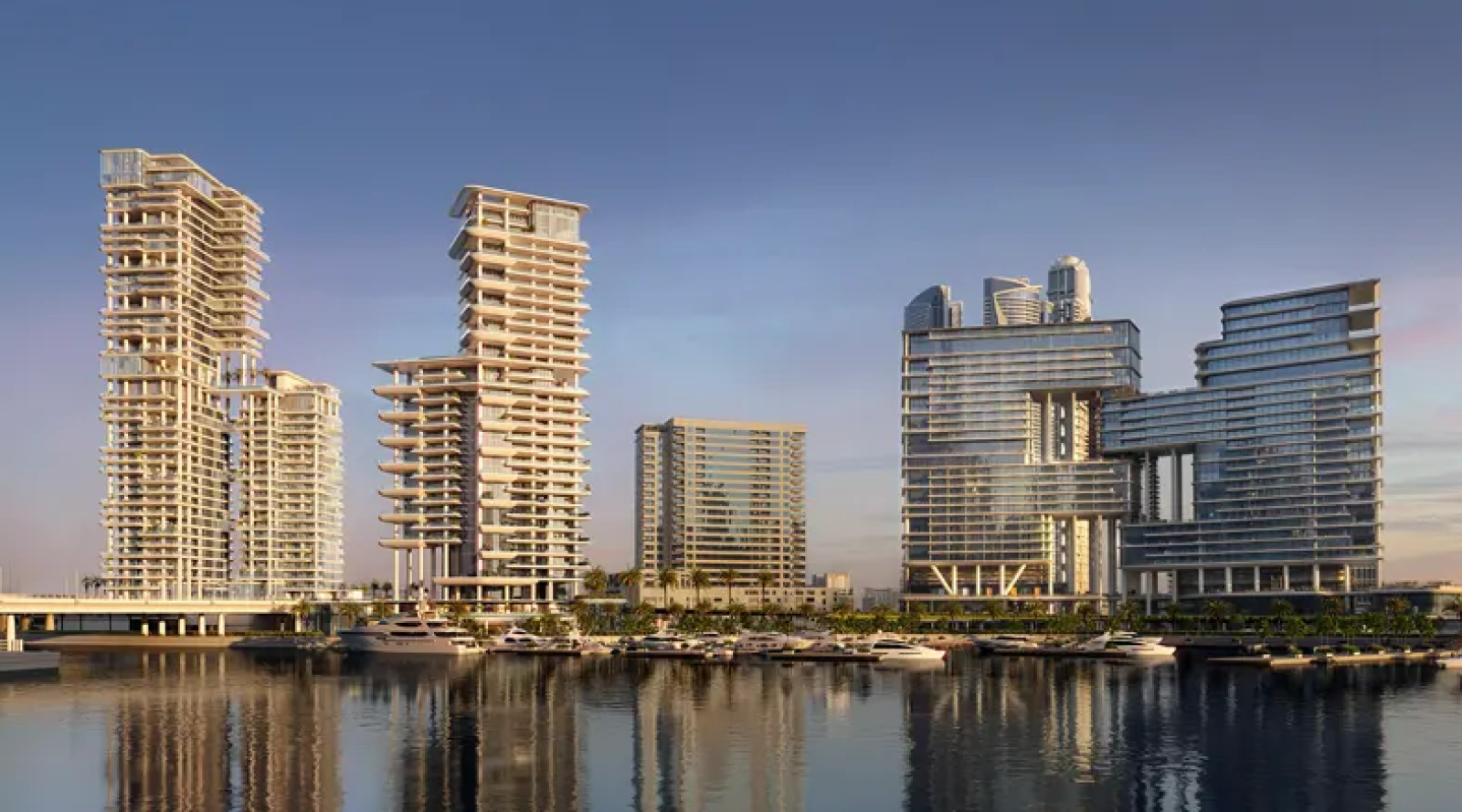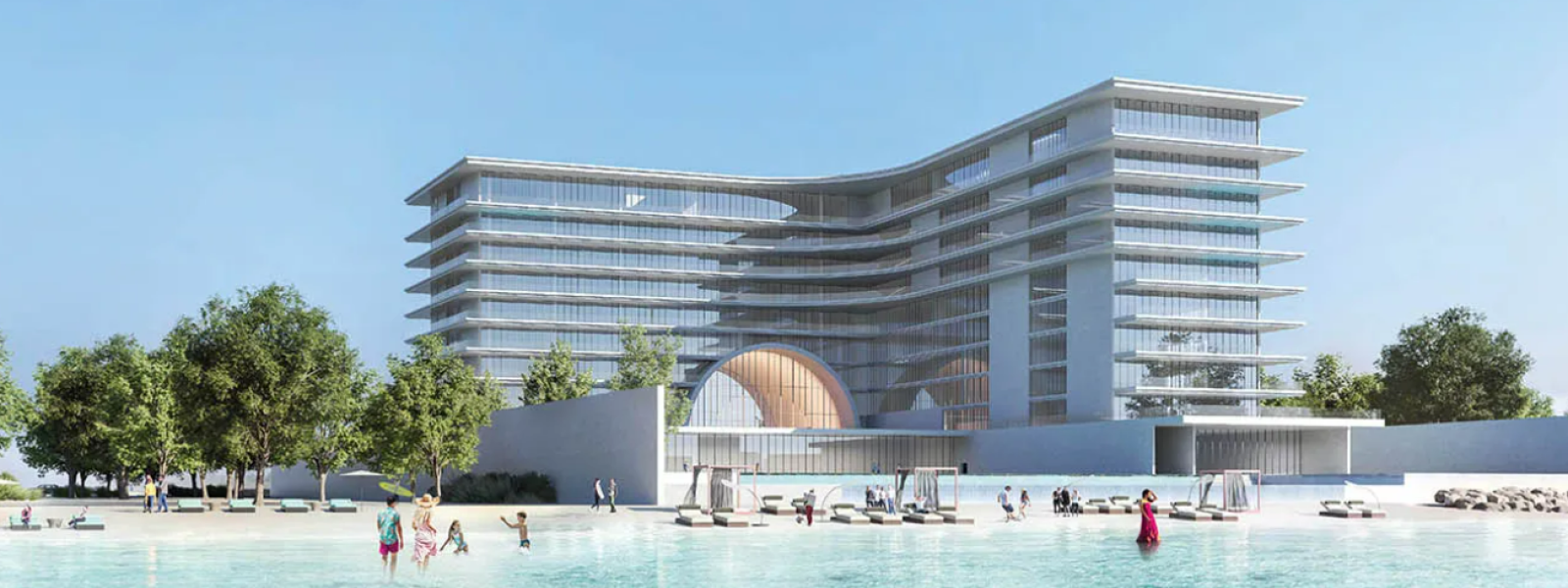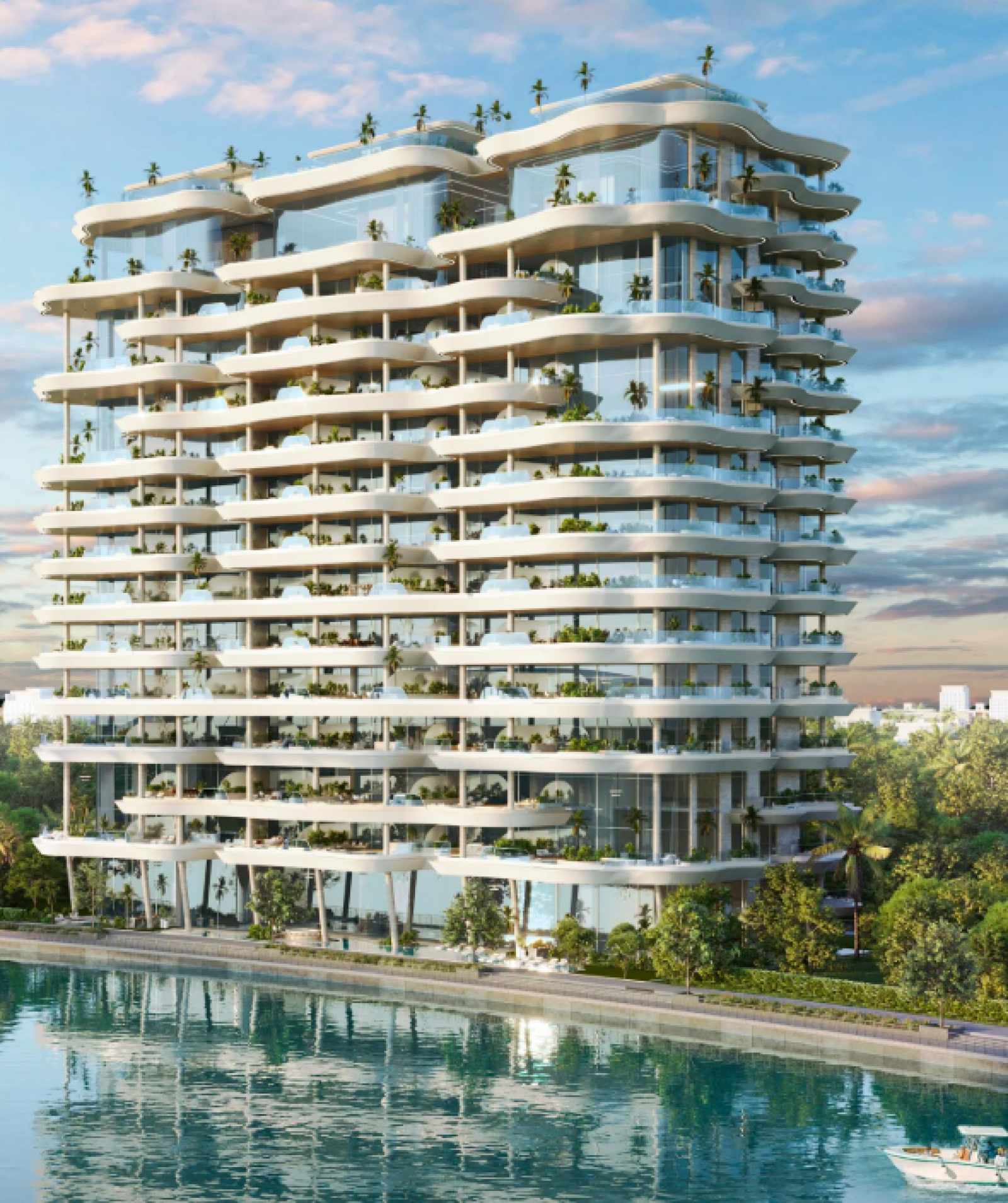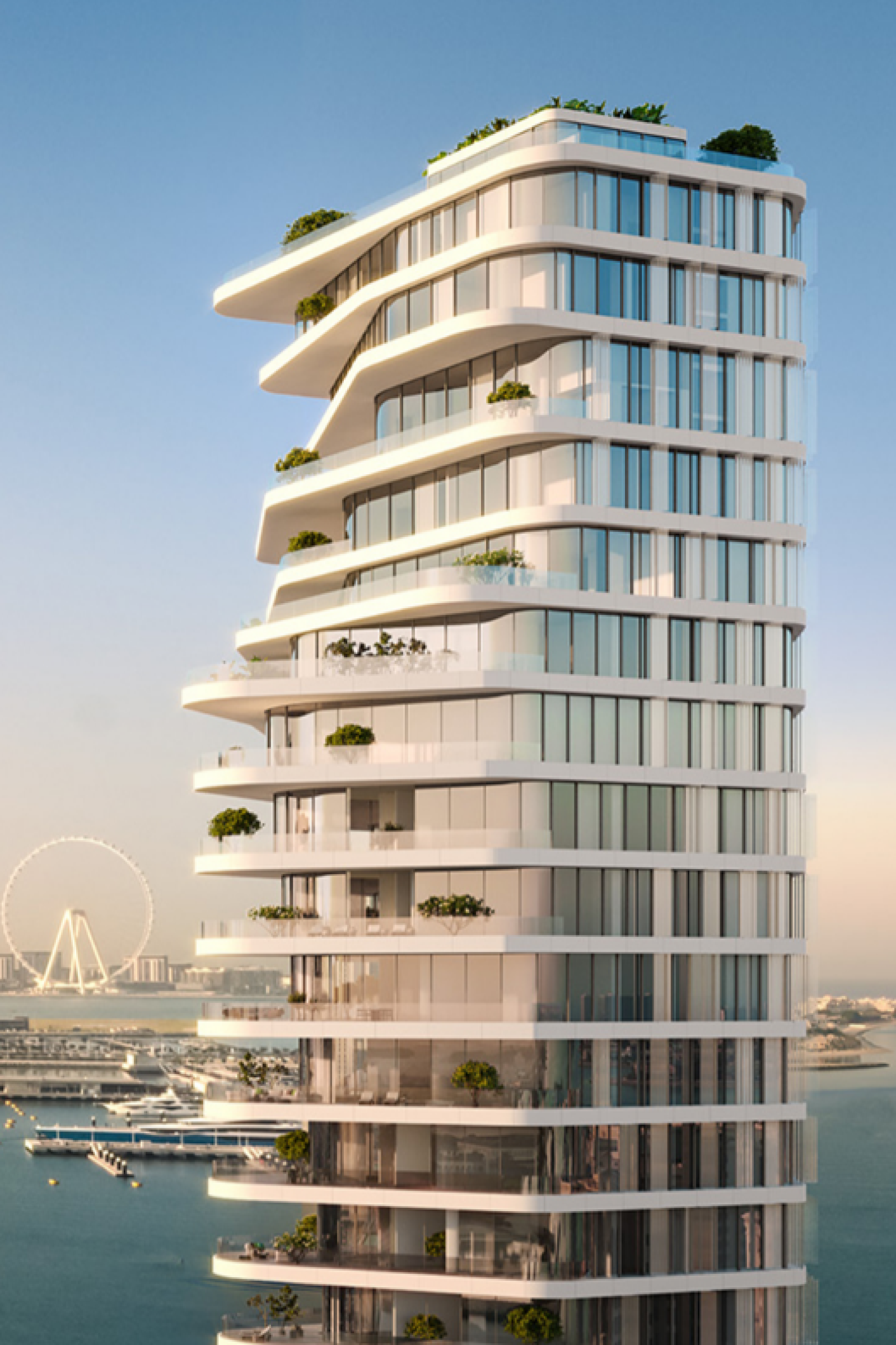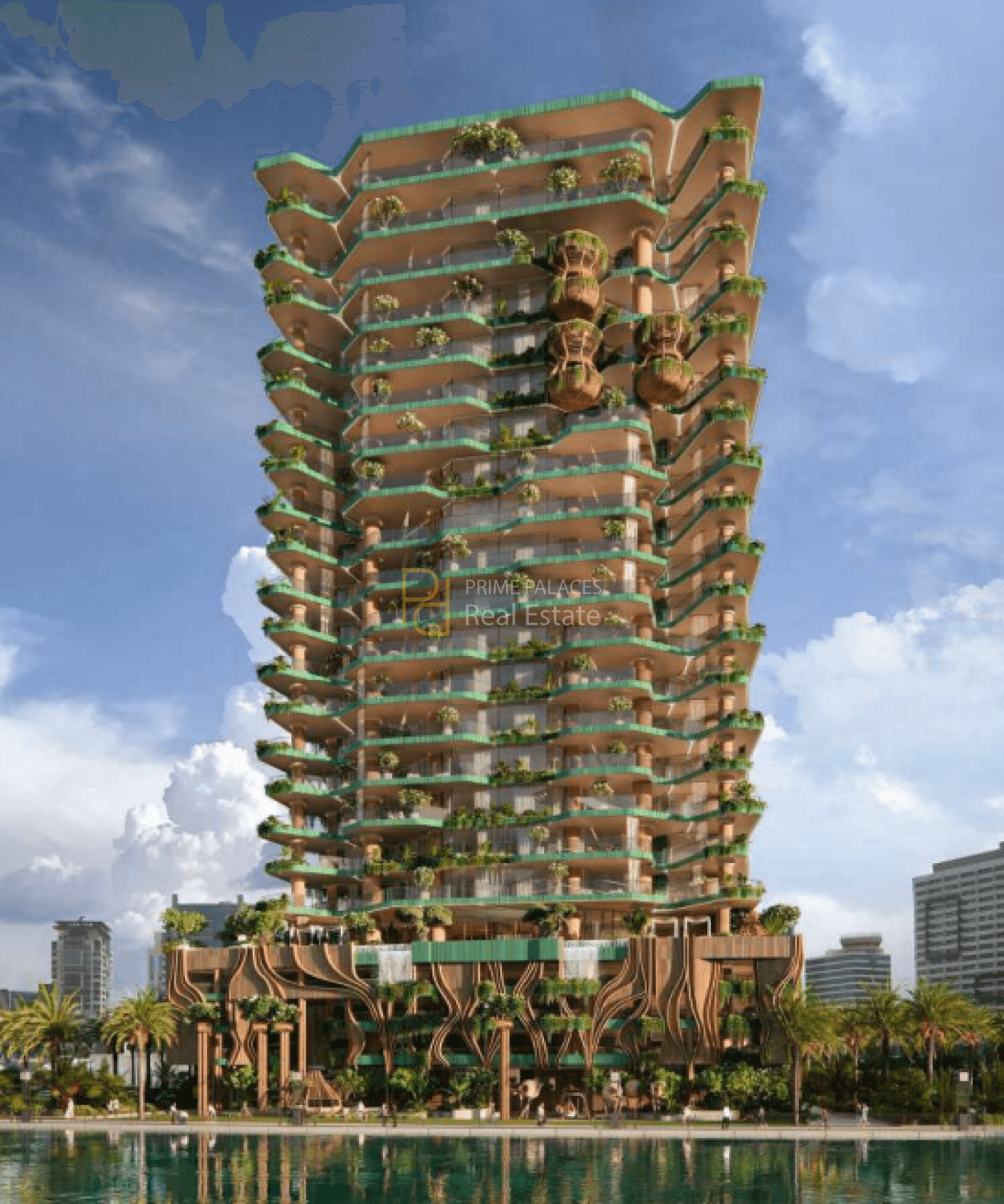Buying vs Renting in Dubai: A Detailed Comparison for Expats
Dubai’s dynamic real estate market offers a wide range of housing options for expatriates, from affordable apartments to luxurious villas in prime communities. One of the most common questions among expats relocating to the UAE is whether to buy or rent property in Dubai. The decision depends on multiple factors, including lifestyle, financial goals, and long-term plans.
Here is a comprehensive look at the advantages and drawbacks of both buying and renting in Dubai, helping expats make an informed choice.
Pros of Buying Property in Dubai
-
Long-Term Investment and Capital Growth
Buying property allows expats to benefit from capital appreciation over time, especially in high-growth areas like Dubai Hills Estate, JVC, and Palm Jumeirah. -
Freehold Ownership Rights
Foreigners can purchase freehold property in designated areas, giving them full ownership rights, including the ability to sell, lease, or pass on the property. -
Residency via Property Investment
Expats purchasing property valued at AED 750,000 or more may qualify for a Dubai property visa, offering renewable residency. -
Cost Efficiency Over Time
For those staying long-term, owning a home can be more cost-effective than renting, especially as rental prices continue to rise in popular districts. -
Rental Income Opportunities
Owners can lease their property to generate rental income, particularly in high-demand areas, contributing to a diversified financial portfolio.
Cons of Buying Property in Dubai
-
High Initial Costs
Purchasing involves upfront costs such as a 20-25% down payment, registration fees, DLD charges, and agent commissions, which can be significant. -
Market Risk and Liquidity
Property markets fluctuate. A downturn could affect resale value, and liquidation might take time depending on demand and location. -
Long-Term Commitment
Buying ties the buyer to a specific area and lifestyle. If circumstances change, reselling or relocating can be more complex than ending a lease.
Pros of Renting in Dubai
-
Flexibility and Mobility
Renting offers the freedom to relocate easily, which is ideal for expats on short-term contracts or those exploring different neighborhoods. -
Lower Upfront Cost
Renters avoid down payments and ownership expenses like maintenance, service charges, and registration fees. -
Access to Premium Locations
Expats can afford to rent in upscale areas like Downtown Dubai or Dubai Marina without the financial commitment of buying.
Cons of Renting in Dubai
-
No Return on Investment
Monthly rent payments do not build equity. Long-term renters may spend more without gaining a financial asset. -
Rent Hikes and Contract Renewals
While rent increase limits exist under RERA’s tenancy law, prices can still rise significantly depending on the rental index and area. -
Less Control Over Property
Renters must abide by the landlord’s rules and have limited ability to modify or personalize their living space.
Conclusion
For expats planning to stay in Dubai long-term and build equity, buying property offers both financial and lifestyle benefits. However, for those valuing flexibility or with short-term plans, renting remains a practical choice. Understanding market trends, legal frameworks, and personal priorities is essential in deciding the right path.

